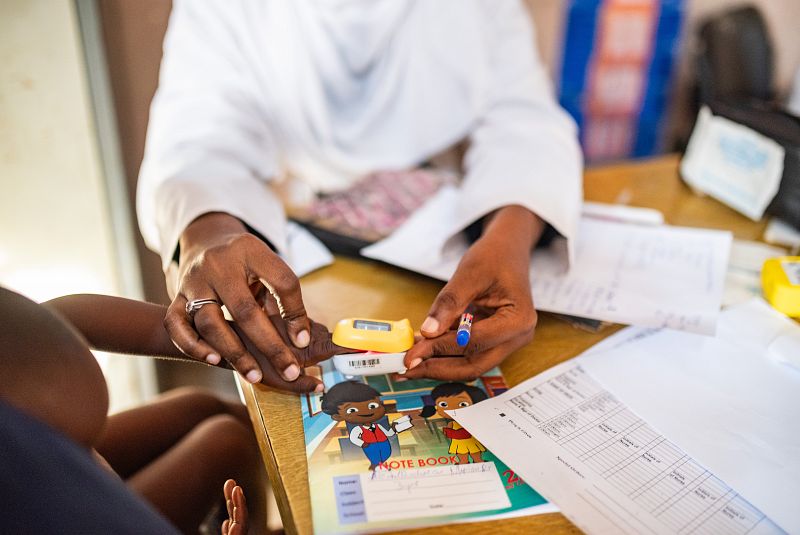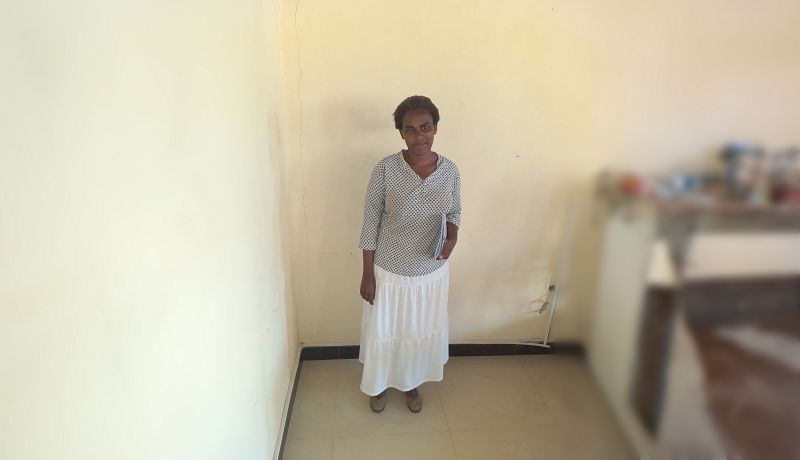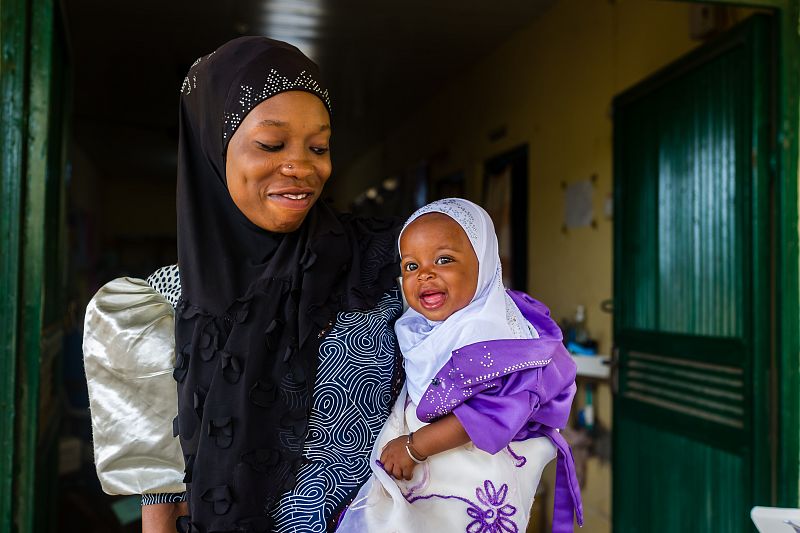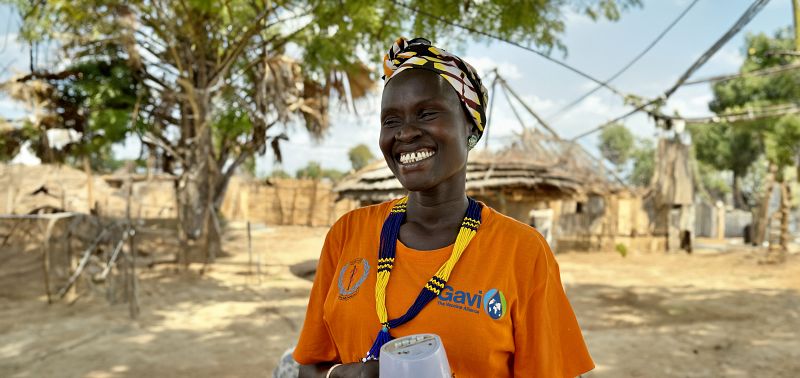Publications
Explore our publications to find useful evidence, lessons and recommendations from our work across Africa and Asia
Type
- Advocacy and positioning
- Advocacy briefs
- Advocacy reports
- Annual reviews
- Brochures
- Capacity statements
- Position statements
- Conference
- Briefing notes
- Posters
- Presentations
- Guidance and toolkits
- Guidance
- Training materials
- Learning
- Case studies
- Infographics
- Insight briefs
- Learning briefs
- Learning papers
- Newsletters
- Research and Technical
- Journal articles
- Project briefs
- Project reports
- Research briefs
- Synopses
- Technical briefs
Keyword
- ASTMH
- Advocacy
- COVID-19
- Capacity development
- Case management
- Case study
- Chemoprevention
- Child survival
- Climate
- Community delivery
- Costing and economic impact evaluation
- Data-informed decision-making
- Diagnosis
- Digital health
- Elimination
- Evidence generation
- Gender
- Genetic modification
- Health financing
- Health system strengthening
- Learning
- Logistics
- MNCH
- Malaria in pregnancy
- Monitoring and evaluation
- PMC
- Philanthropy
- Policy development
- Private sector
- Quality improvement
- Research
- Resistance management
- SBC
- SDGs
- SMC
- Scaled implementation
- Scholarships
- Surveillance
- Treatment
- Universal health coverage
- Urbanisation
- Vaccines
- Vector control
- Webinars
- iCCM
Diseases
Country
Language
Reset all search optionsCurrent search filters (156 results match ALL terms):
Vector control
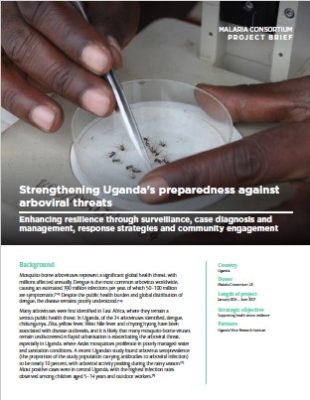 28/03/2024
Project brief
28/03/2024
Project brief
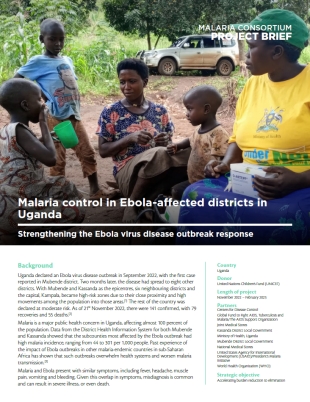 01/09/2023
Project brief
01/09/2023
Project brief
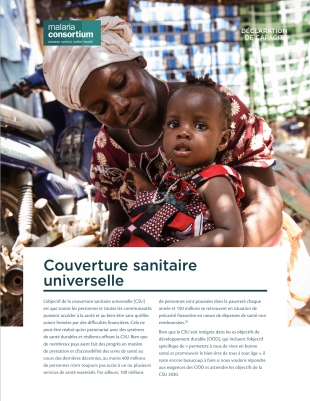 21/08/2023
Capacity statement
21/08/2023
Capacity statement
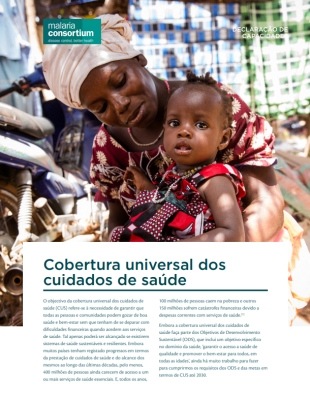 26/05/2023
Capacity statement
26/05/2023
Capacity statement
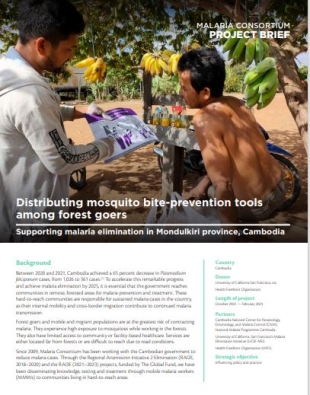 14/03/2023
Project brief
14/03/2023
Project brief
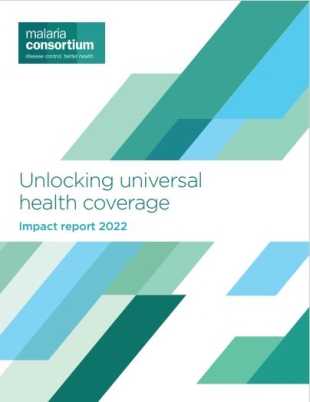 10/01/2023
Annual review
10/01/2023
Annual review
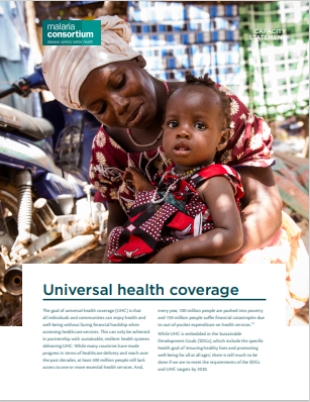 12/12/2022
Capacity statement
12/12/2022
Capacity statement
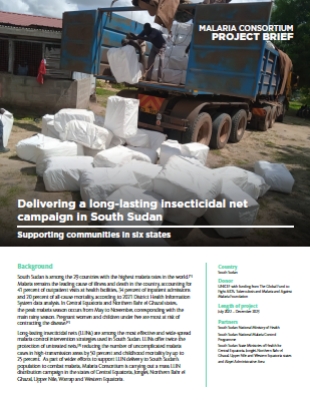 26/10/2022
Project brief
26/10/2022
Project brief
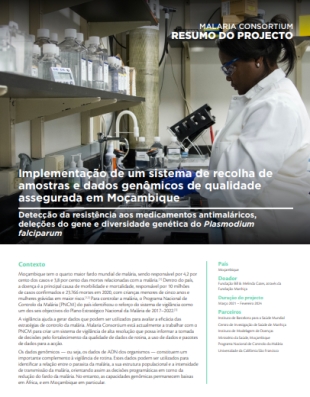 22/09/2022
Project brief
22/09/2022
Project brief
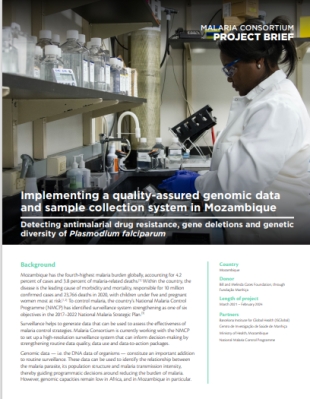 15/08/2022
Project brief
15/08/2022
Project brief
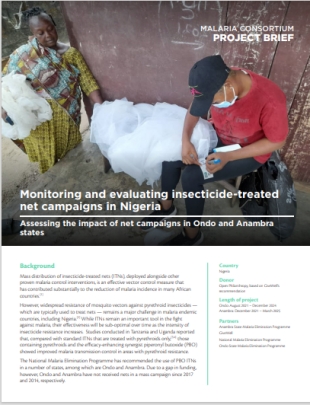 22/06/2022
Project brief
22/06/2022
Project brief
 06/06/2022
Journal article
06/06/2022
Journal article
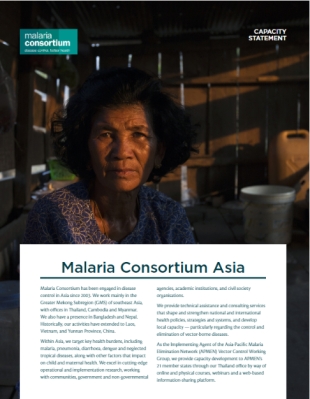 23/05/2022
Capacity statement
23/05/2022
Capacity statement
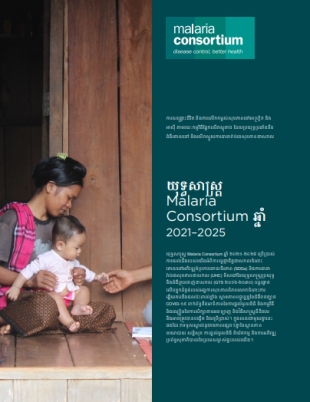 08/02/2022
Annual review
08/02/2022
Annual review
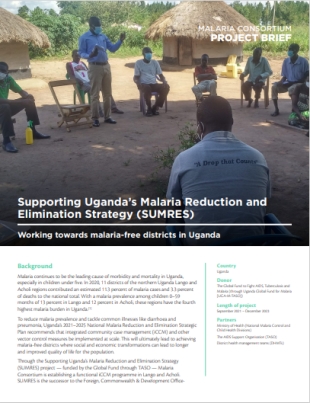 26/01/2022
Project brief
26/01/2022
Project brief
 04/12/2021
Journal article
04/12/2021
Journal article
 22/11/2021
Journal article
22/11/2021
Journal article
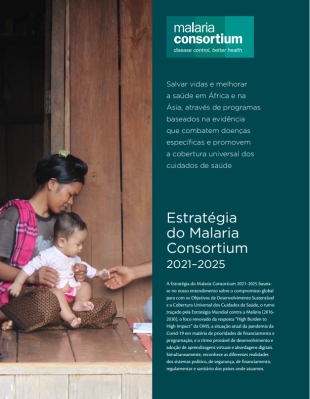 22/11/2021
Annual review
22/11/2021
Annual review
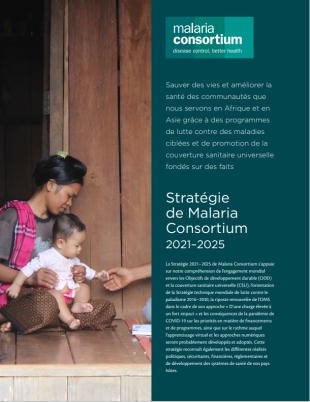 22/11/2021
Annual review
22/11/2021
Annual review
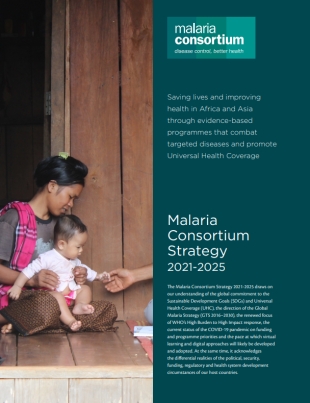 09/11/2021
Annual review
09/11/2021
Annual review
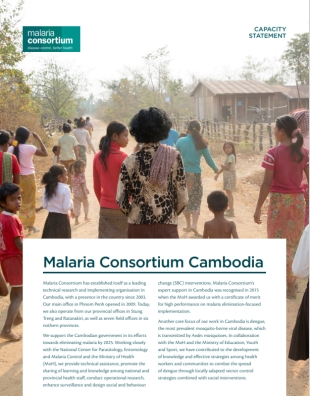 24/09/2021
Capacity statement
24/09/2021
Capacity statement
 07/09/2021
Journal article
07/09/2021
Journal article
 02/07/2021
Journal article
02/07/2021
Journal article
 26/06/2021
Journal article
26/06/2021
Journal article
 09/06/2021
Journal article
09/06/2021
Journal article
 29/05/2021
Journal article
29/05/2021
Journal article
 27/04/2021
Journal article
27/04/2021
Journal article
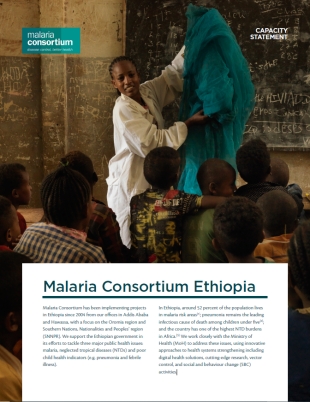 19/04/2021
Capacity statement
19/04/2021
Capacity statement
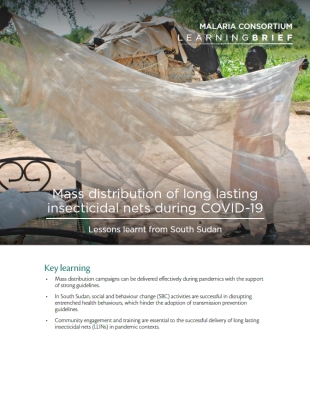 04/03/2021
Learning brief
04/03/2021
Learning brief
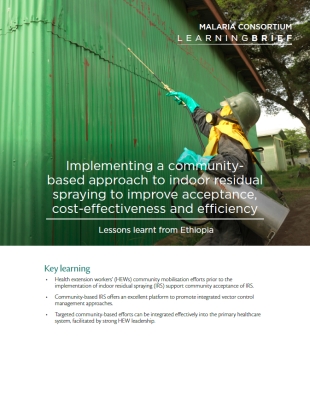 26/02/2021
Learning brief
26/02/2021
Learning brief
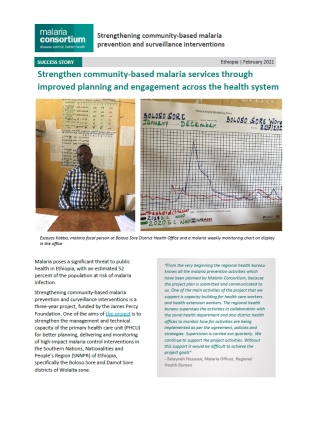 25/02/2021
Case study
25/02/2021
Case study
 25/02/2021
Journal article
25/02/2021
Journal article
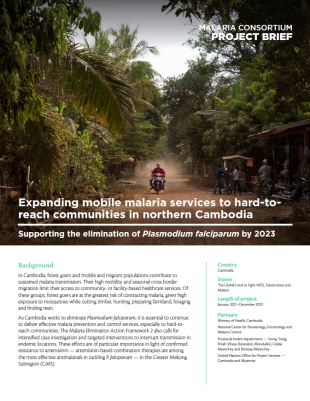 24/02/2021
Project brief
24/02/2021
Project brief
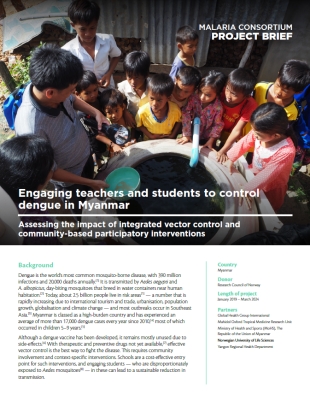 24/02/2021
Project brief
24/02/2021
Project brief
 22/02/2021
Journal article
22/02/2021
Journal article
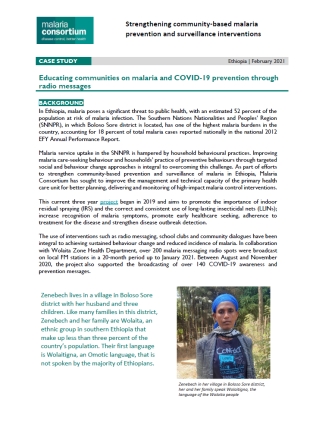 15/02/2021
Case study
15/02/2021
Case study
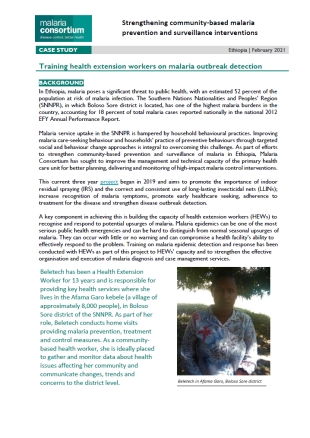 14/02/2021
Case study
14/02/2021
Case study
 19/01/2021
Journal article
19/01/2021
Journal article
 09/01/2021
Journal article
09/01/2021
Journal article
 09/01/2021
Journal article
09/01/2021
Journal article
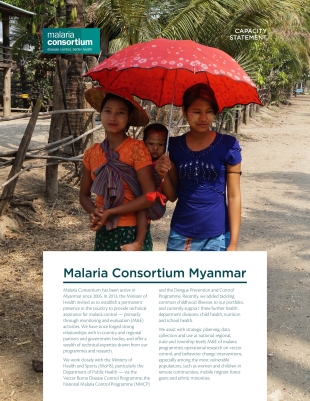 23/12/2020
Capacity statement
23/12/2020
Capacity statement
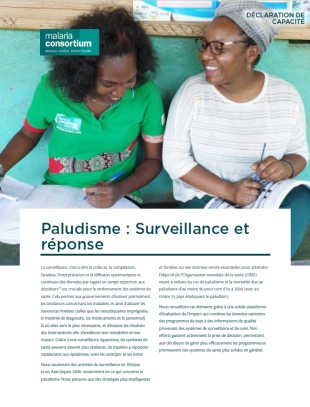 26/08/2020
Capacity statement
26/08/2020
Capacity statement
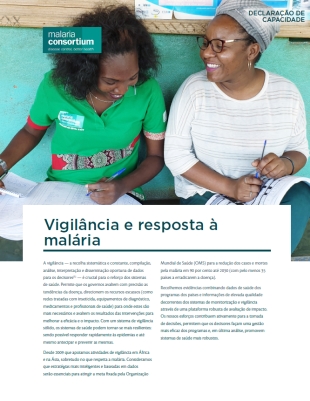 26/08/2020
Capacity statement
26/08/2020
Capacity statement
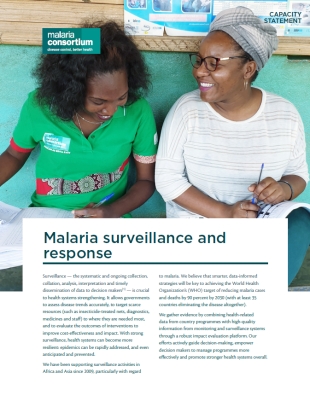 29/07/2020
Capacity statement
29/07/2020
Capacity statement
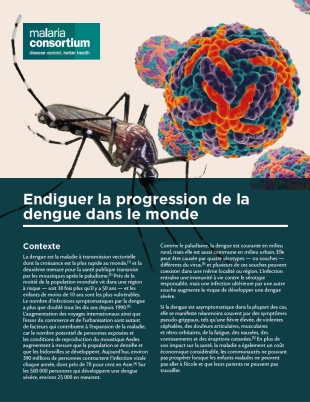 11/06/2020
Position statement
11/06/2020
Position statement
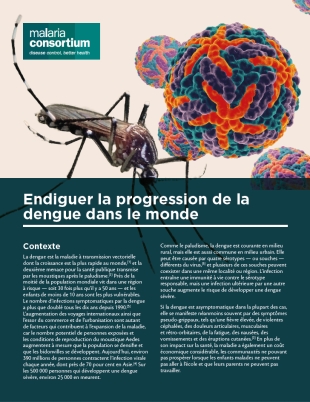 11/06/2020
Position statement
11/06/2020
Position statement
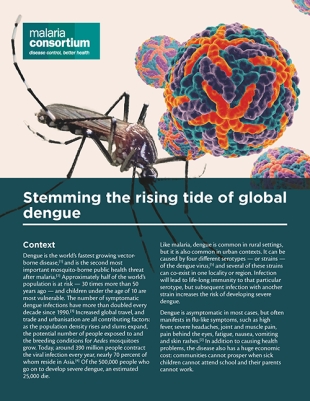 24/03/2020
Position statement
24/03/2020
Position statement
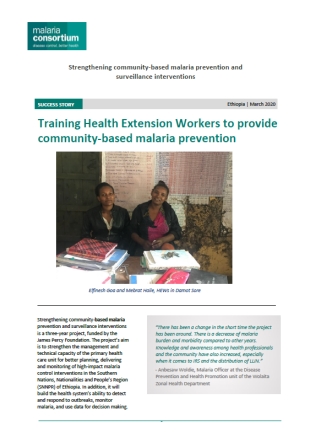 23/03/2020
Case study
23/03/2020
Case study
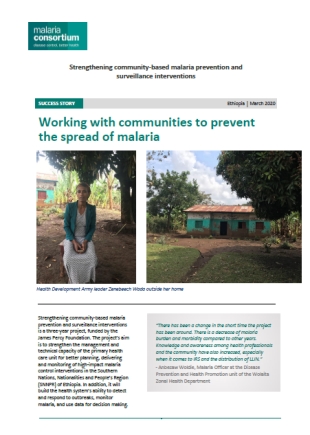 23/03/2020
Case study
23/03/2020
Case study
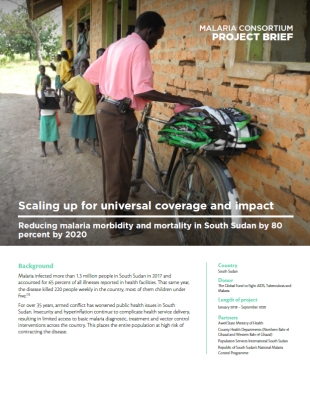 11/02/2020
Project brief
11/02/2020
Project brief
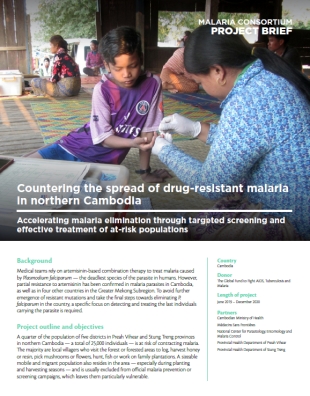 20/12/2019
Project brief
20/12/2019
Project brief
 17/12/2019
Journal article
17/12/2019
Journal article
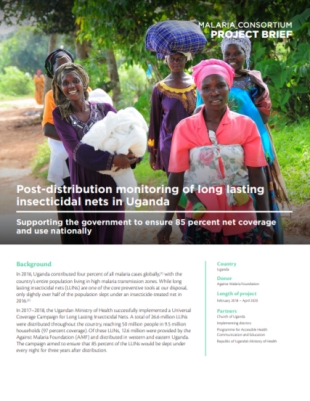 10/12/2019
Project brief
10/12/2019
Project brief
 23/09/2019
Journal article
23/09/2019
Journal article
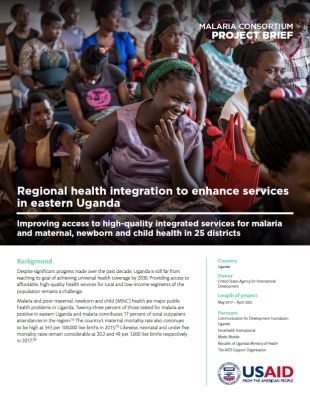 23/09/2019
Project brief
23/09/2019
Project brief
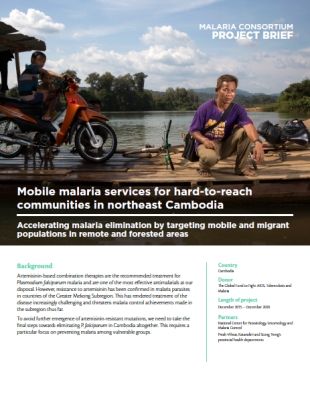 10/09/2019
Project brief
10/09/2019
Project brief
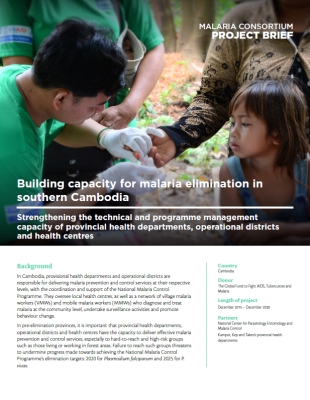 10/09/2019
Project brief
10/09/2019
Project brief
 05/07/2019
Journal article
05/07/2019
Journal article
 20/06/2019
Project brief
20/06/2019
Project brief
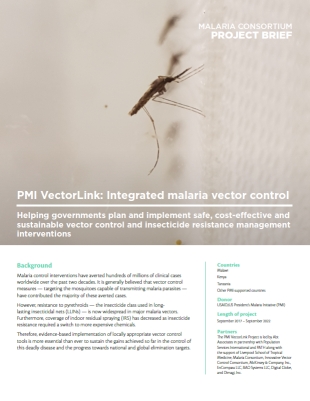 20/06/2019
Project brief
20/06/2019
Project brief
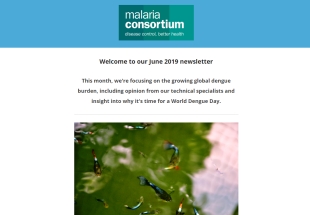 20/06/2019
Newsletter
20/06/2019
Newsletter
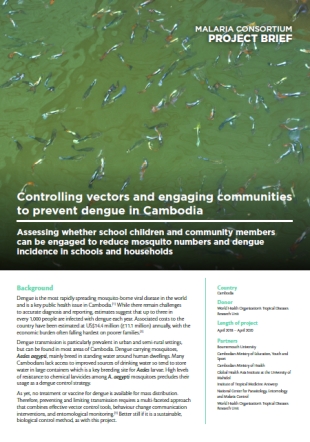 17/05/2019
Project brief
17/05/2019
Project brief
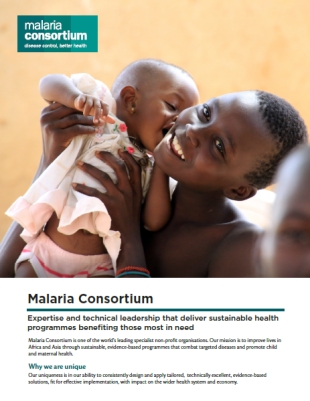 30/03/2019
Capacity statement
30/03/2019
Capacity statement
 10/03/2019
Journal article
10/03/2019
Journal article
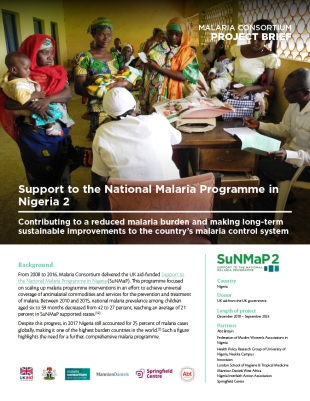 11/02/2019
Project brief
11/02/2019
Project brief
 26/10/2018
Journal article
26/10/2018
Journal article
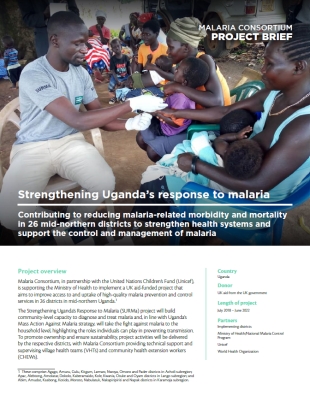 24/09/2018
Project brief
24/09/2018
Project brief
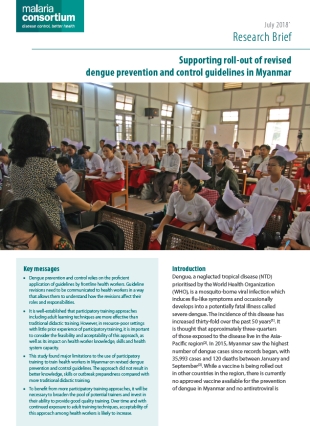 20/07/2018
Research brief
20/07/2018
Research brief
 29/06/2018
Journal article
29/06/2018
Journal article
 22/03/2018
Journal article
22/03/2018
Journal article
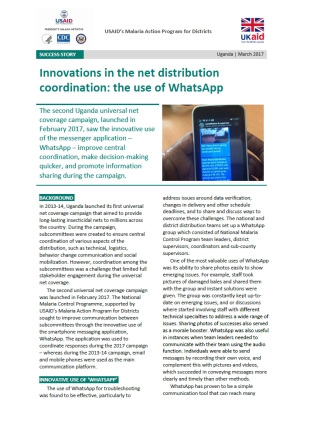 10/03/2018
Case study
10/03/2018
Case study
 16/02/2018
Journal article
16/02/2018
Journal article
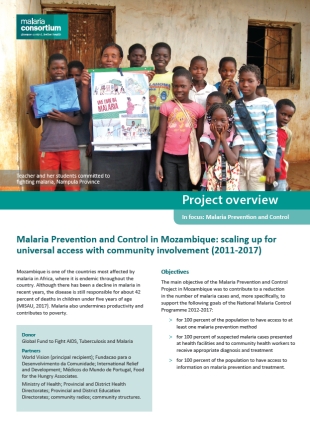 07/02/2018
Project report
07/02/2018
Project report
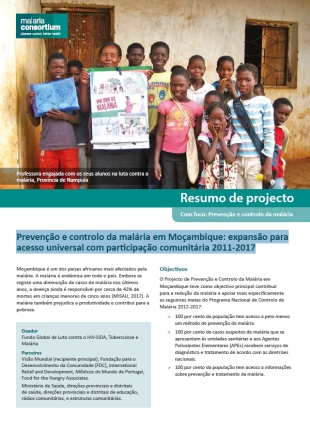 07/02/2018
Project report
07/02/2018
Project report
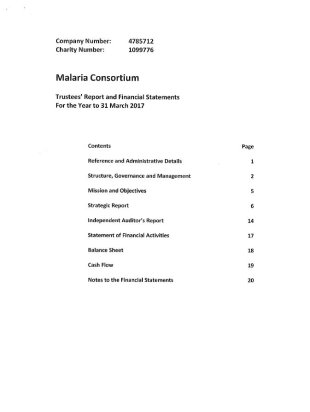 17/10/2017
Annual review
17/10/2017
Annual review
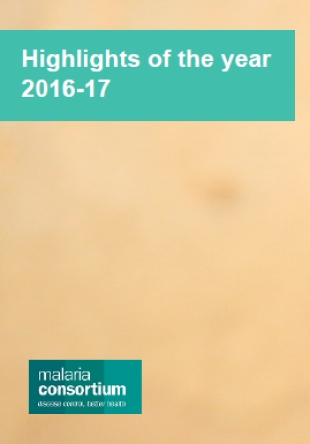 17/10/2017
Annual review
17/10/2017
Annual review
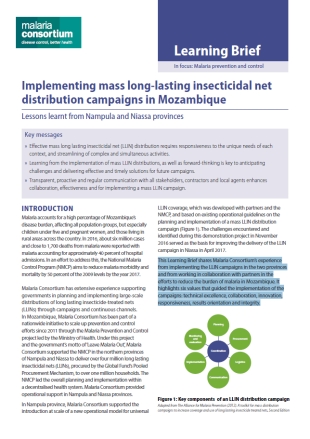 09/10/2017
Learning brief
09/10/2017
Learning brief
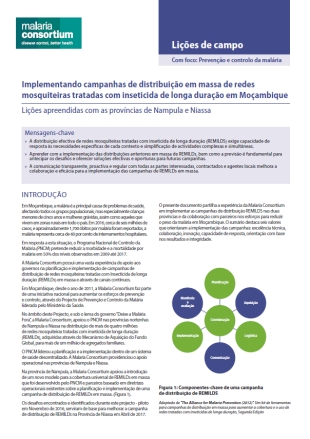 09/10/2017
Learning brief
09/10/2017
Learning brief
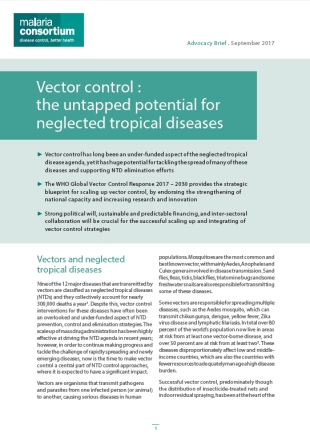 27/09/2017
Advocacy brief
27/09/2017
Advocacy brief
 17/08/2017
Journal article
17/08/2017
Journal article
 10/08/2017
Journal article
10/08/2017
Journal article
 07/08/2017
Journal article
07/08/2017
Journal article
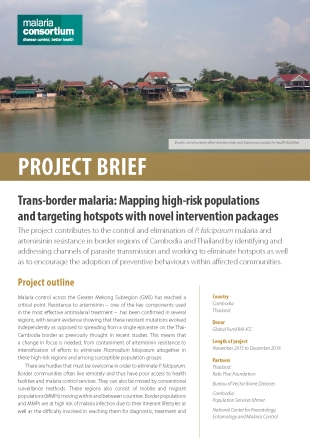 27/07/2017
Project brief
27/07/2017
Project brief
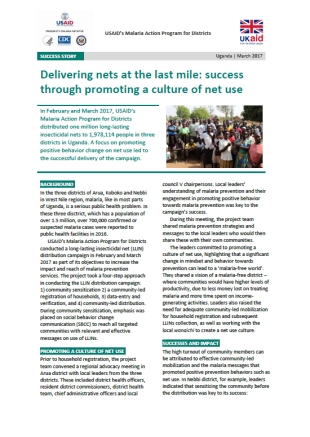 05/07/2017
Case study
05/07/2017
Case study
 20/04/2017
Journal article
20/04/2017
Journal article
 28/03/2017
Journal article
28/03/2017
Journal article
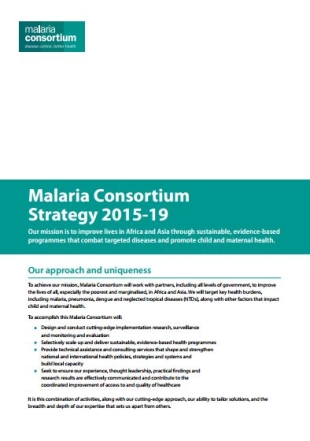 03/02/2017
Annual review
03/02/2017
Annual review
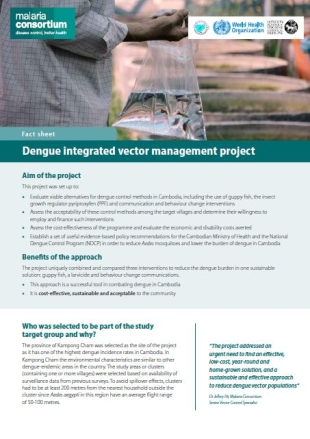 30/11/2016
Technical brief
30/11/2016
Technical brief
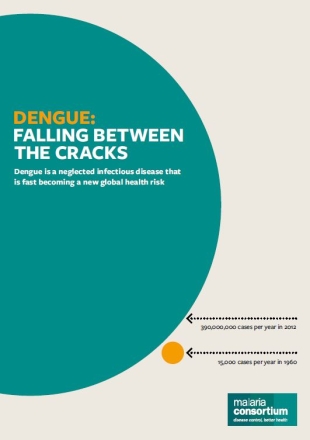 24/11/2016
Advocacy report
24/11/2016
Advocacy report
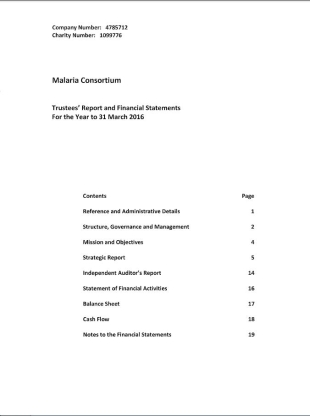 20/11/2016
Annual review
20/11/2016
Annual review
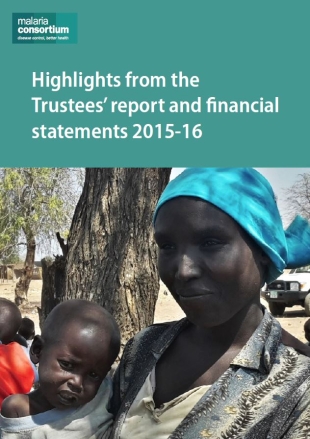 20/11/2016
Annual review
20/11/2016
Annual review
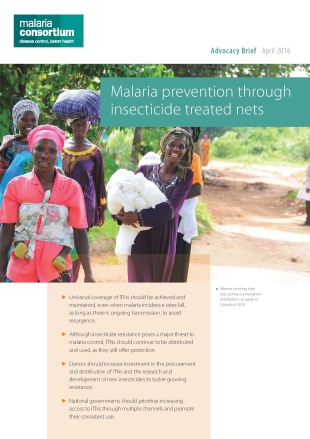 22/04/2016
Advocacy brief
22/04/2016
Advocacy brief
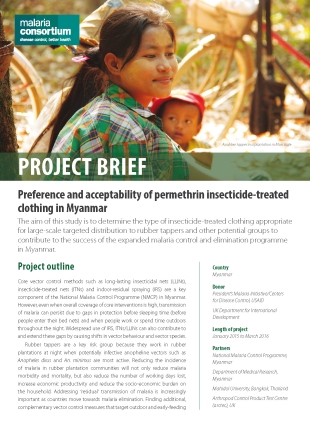 10/03/2016
Project brief
10/03/2016
Project brief
 26/02/2016
Journal article
26/02/2016
Journal article
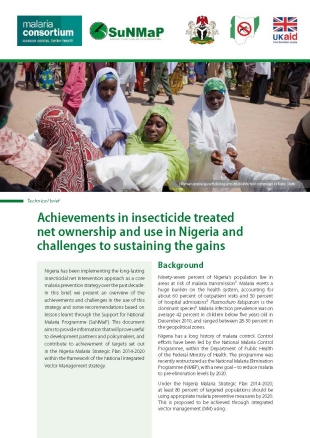 18/02/2016
Technical brief
18/02/2016
Technical brief
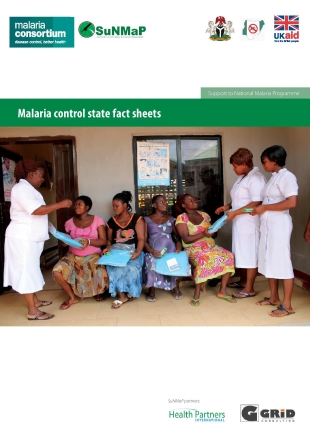 16/02/2016
Project report
16/02/2016
Project report
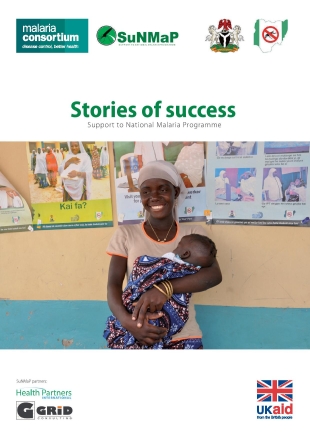 16/02/2016
Case study
16/02/2016
Case study
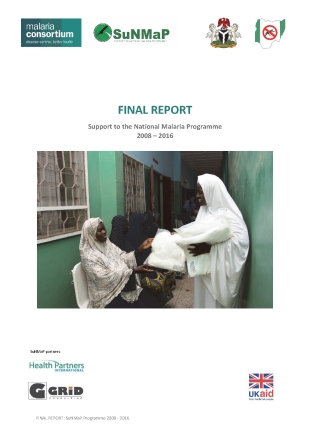 16/02/2016
Project report
16/02/2016
Project report
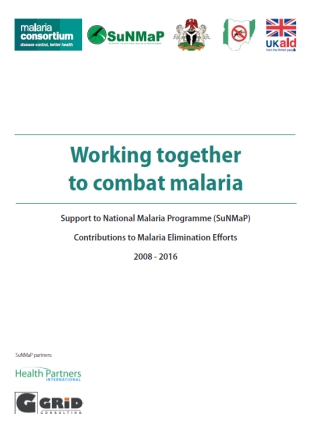 16/02/2016
Project report
16/02/2016
Project report
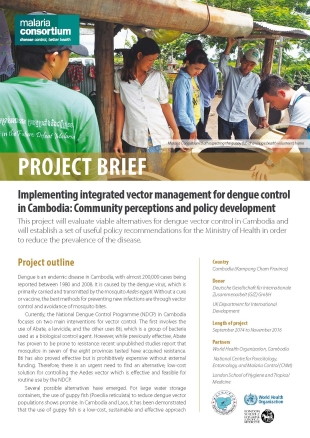 30/10/2015
Project brief
30/10/2015
Project brief
 02/10/2015
Journal article
02/10/2015
Journal article
 17/09/2015
Journal article
17/09/2015
Journal article
 04/09/2015
Journal article
04/09/2015
Journal article
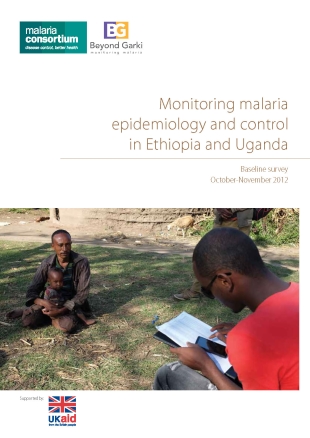 18/05/2015
Technical brief
18/05/2015
Technical brief
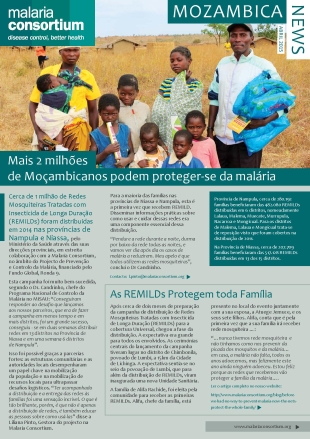 12/05/2015
Newsletter
12/05/2015
Newsletter
 16/03/2015
Journal article
16/03/2015
Journal article
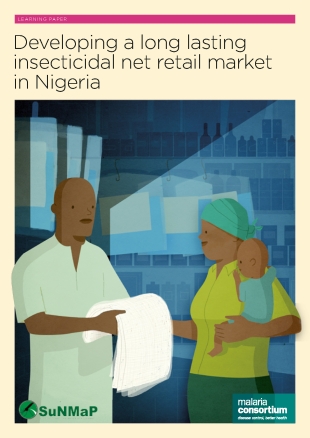 10/12/2014
Learning paper
10/12/2014
Learning paper
 27/11/2014
Journal article
27/11/2014
Journal article
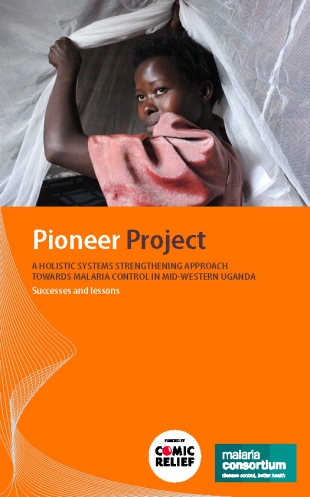 26/09/2014
Project report
26/09/2014
Project report
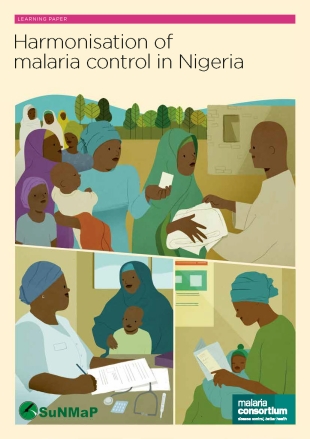 22/08/2014
Learning paper
22/08/2014
Learning paper
 14/08/2014
Journal article
14/08/2014
Journal article
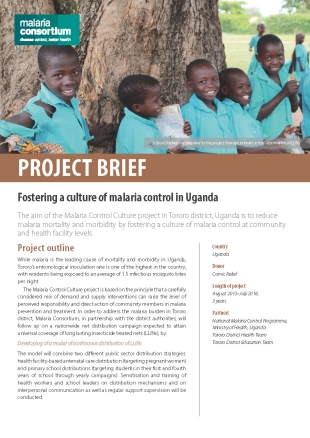 02/04/2014
Project brief
02/04/2014
Project brief
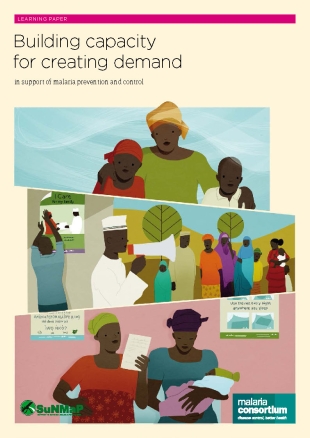 31/03/2014
Learning paper
31/03/2014
Learning paper
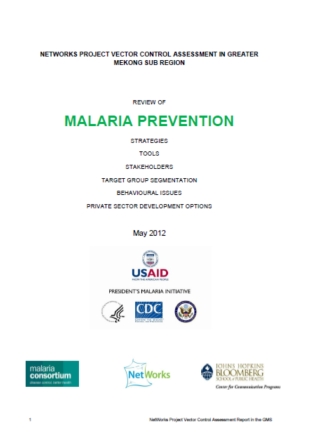 04/03/2014
Project report
04/03/2014
Project report
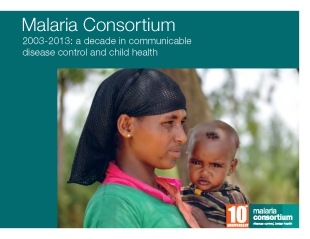 24/02/2014
Annual review
24/02/2014
Annual review
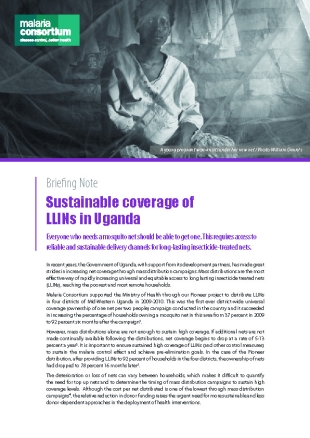 08/01/2014
Technical brief
08/01/2014
Technical brief
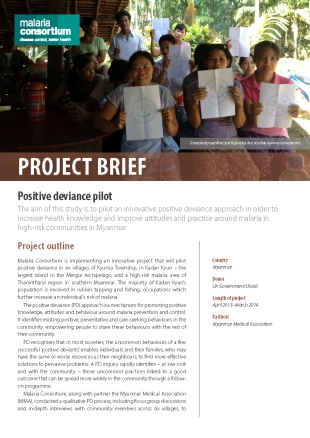 01/01/2014
Project brief
01/01/2014
Project brief
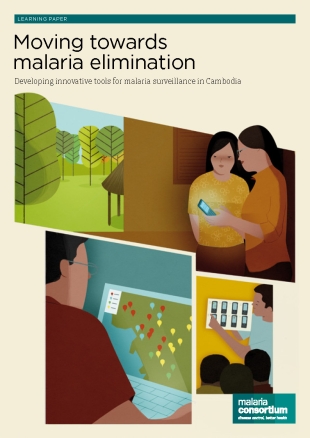 09/12/2013
Learning paper
09/12/2013
Learning paper
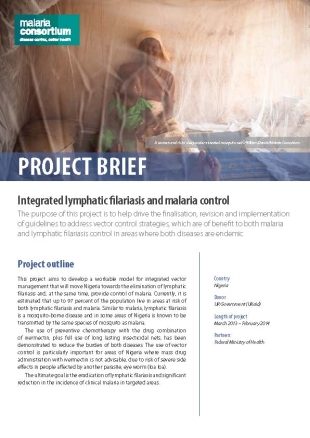 18/11/2013
Project brief
18/11/2013
Project brief
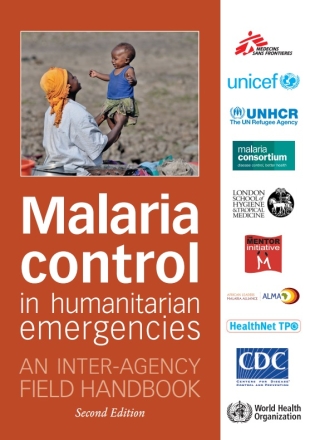 21/10/2013
Training materials
21/10/2013
Training materials
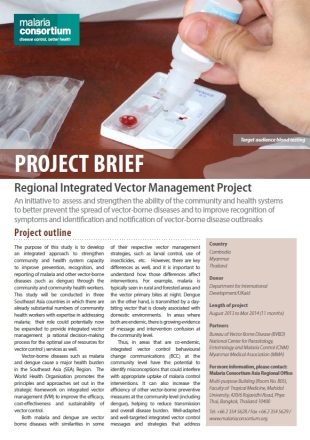 01/10/2013
Project brief
01/10/2013
Project brief
 10/09/2013
Journal article
10/09/2013
Journal article
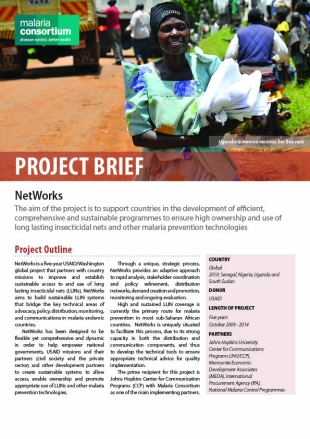 05/09/2013
Project brief
05/09/2013
Project brief
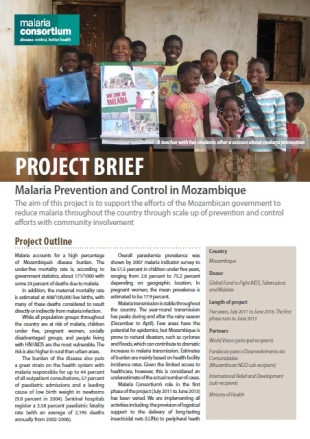 04/07/2013
Project brief
04/07/2013
Project brief
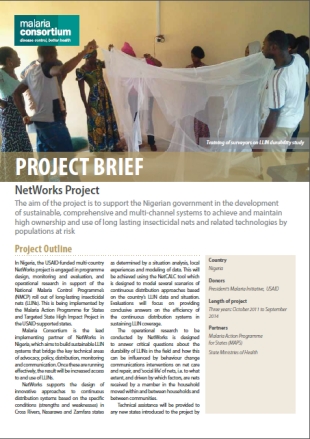 01/07/2013
Project brief
01/07/2013
Project brief
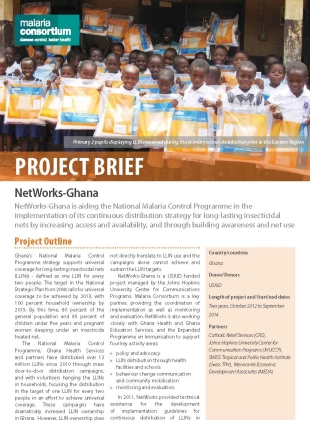 01/04/2013
Project brief
01/04/2013
Project brief
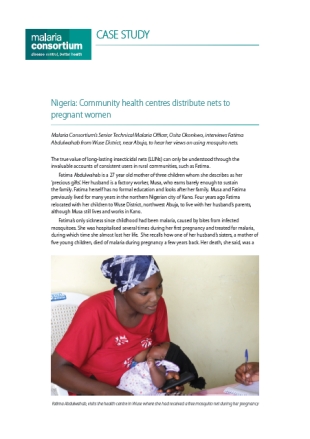 27/03/2013
Case study
27/03/2013
Case study
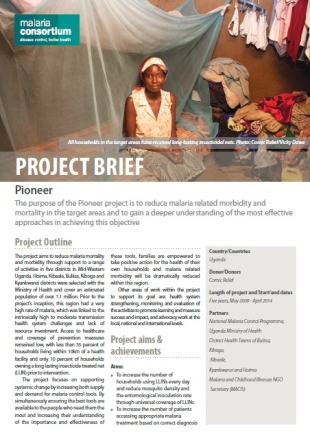 22/03/2013
Project brief
22/03/2013
Project brief
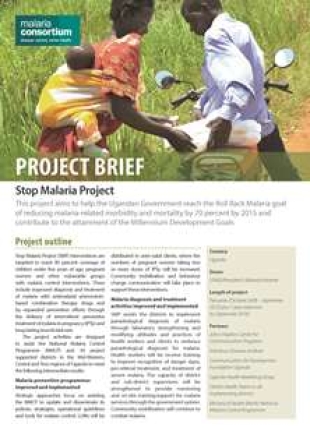 11/03/2013
Project brief
11/03/2013
Project brief
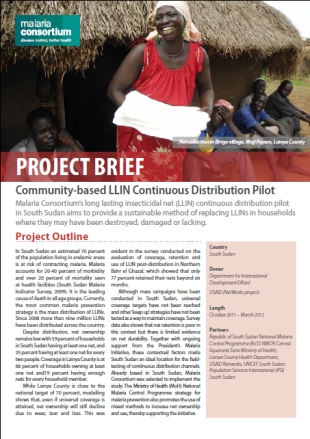 14/02/2013
Project brief
14/02/2013
Project brief
 19/12/2012
Journal article
19/12/2012
Journal article
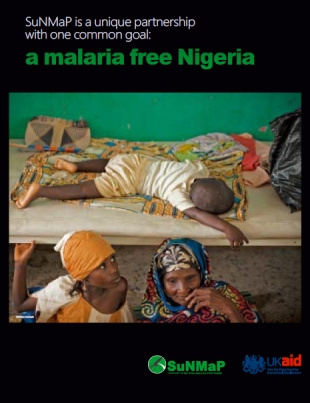 09/08/2012
Project brief
09/08/2012
Project brief
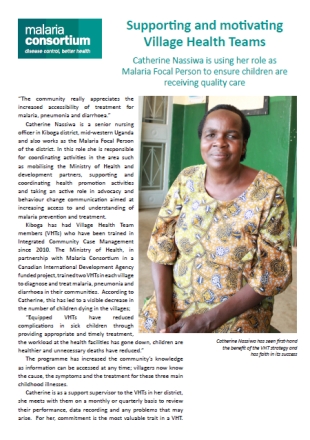 07/08/2012
Case study
07/08/2012
Case study
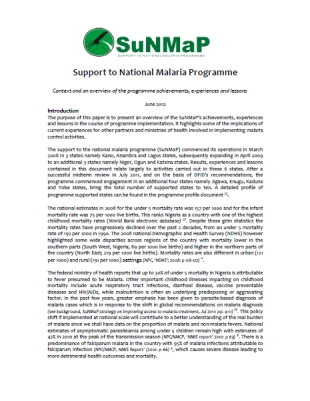 30/07/2012
Project report
30/07/2012
Project report
 07/06/2012
Journal article
07/06/2012
Journal article
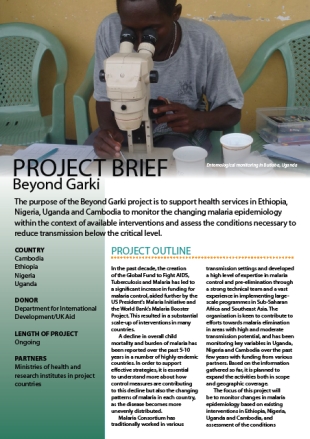 24/05/2012
Project brief
24/05/2012
Project brief
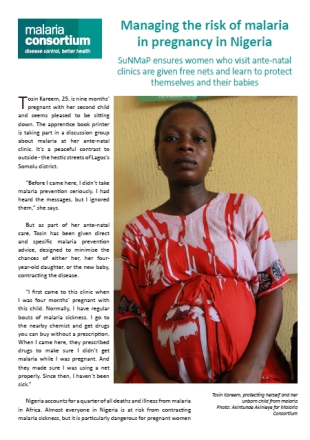 18/04/2012
Case study
18/04/2012
Case study
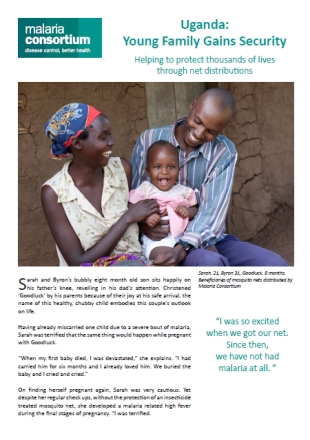 04/04/2012
Case study
04/04/2012
Case study
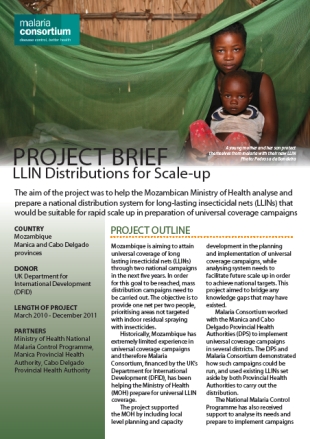 22/03/2012
Project brief
22/03/2012
Project brief
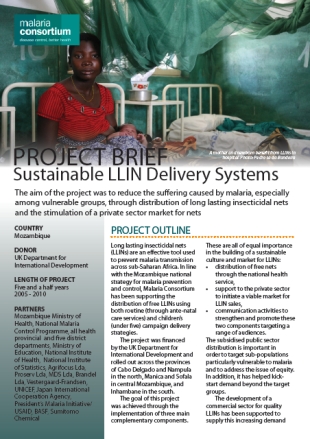 22/03/2012
Project brief
22/03/2012
Project brief
 01/02/2012
Journal article
01/02/2012
Journal article
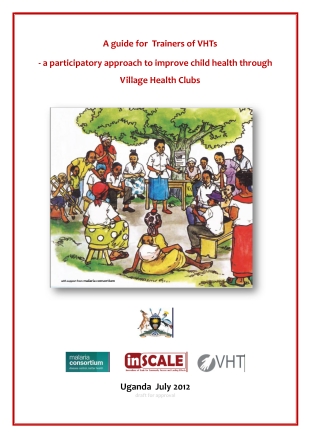 10/01/2012
Training materials
10/01/2012
Training materials
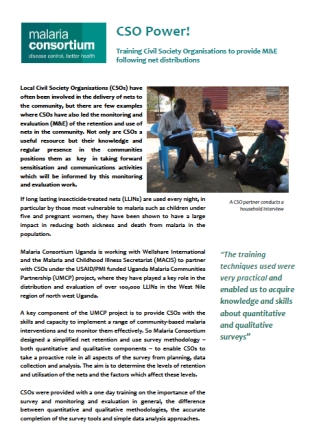 02/12/2011
Case study
02/12/2011
Case study
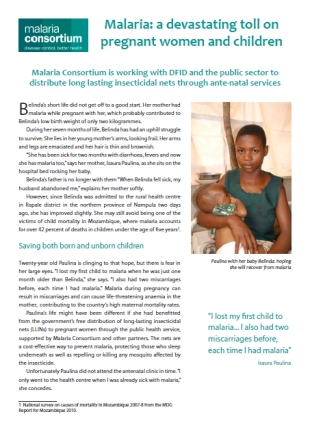 02/12/2011
Case study
02/12/2011
Case study
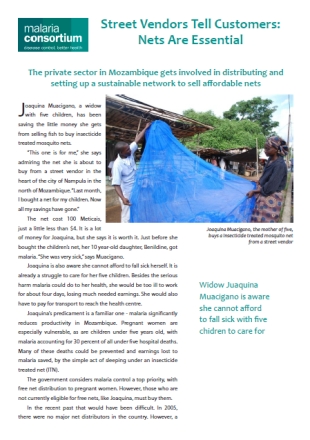 02/12/2011
Case study
02/12/2011
Case study
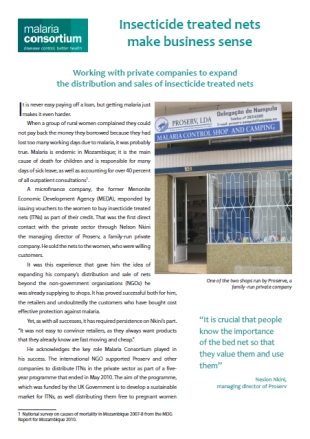 02/12/2011
Case study
02/12/2011
Case study
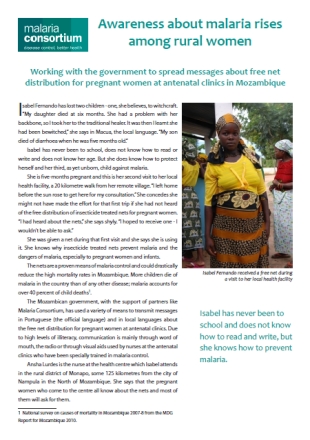 02/12/2011
Case study
02/12/2011
Case study
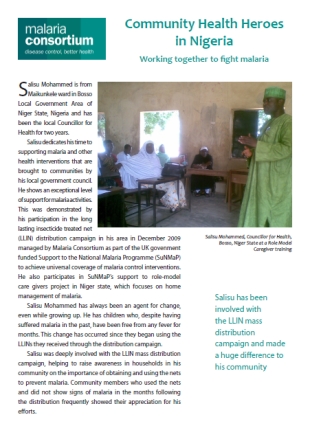 01/12/2011
Case study
01/12/2011
Case study
 13/10/2011
Journal article
13/10/2011
Journal article
 15/07/2011
Journal article
15/07/2011
Journal article
 18/11/2010
Journal article
18/11/2010
Journal article
 18/06/2010
Journal article
18/06/2010
Journal article
 20/04/2010
Journal article
20/04/2010
Journal article
 24/03/2010
Journal article
24/03/2010
Journal article
 01/03/2010
Journal article
01/03/2010
Journal article
 01/02/2010
Journal article
01/02/2010
Journal article
Vector control
 28/03/2024
Project brief
28/03/2024
Project brief
Strengthening Uganda’s preparedness against arboviral threats
We are establishing a robust arboviral surveillance system as well as running training programmes and public awareness campaigns to bolster Uganda's defences against mosquito-borne viruses. 28/03/2024We are establishing a robust arboviral surveillance system as well as running training programmes and public awareness campaigns to bolster Uganda's defences against mosquito-borne viruses.
 01/09/2023
Project brief
01/09/2023
Project brief
Malaria control in Ebola-affected districts in Uganda
This project implemented a mass drug administration campaign for malaria in Ebola-affected districts in Uganda, contributing to national outbreak control efforts. 01/09/2023This project implemented a mass drug administration campaign for malaria in Ebola-affected districts in Uganda, contributing to national outbreak control efforts.
 21/08/2023
Capacity statement
21/08/2023
Capacity statement
Couverture sanitaire universelle
La couverture sanitaire universelle est essentielle pour la conception et la mise en oeuvre de nos programmes. 21/08/2023La couverture sanitaire universelle est essentielle pour la conception et la mise en oeuvre de nos programmes.
 26/05/2023
Capacity statement
26/05/2023
Capacity statement
Cobertura universal dos cuidados de saúde
A cobertura universal de saúde é fundamental para a conceção e implementação dos nossos programas. 26/05/2023A cobertura universal de saúde é fundamental para a conceção e implementação dos nossos programas.
 14/03/2023
Project brief
14/03/2023
Project brief
Distributing mosquito bite-prevention tools among forest goers
We are distributing malaria prevention tools among people in remote forested areas in Cambodia to support malaria elimination. 14/03/2023We are distributing malaria prevention tools among people in remote forested areas in Cambodia to support malaria elimination.
 10/01/2023
Annual review
10/01/2023
Annual review
Unlocking universal health coverage: Impact report 2022
This report highlights how Malaria Consortium is contributing towards universal health coverage. 10/01/2023This report highlights how Malaria Consortium is contributing towards universal health coverage.
 12/12/2022
Capacity statement
12/12/2022
Capacity statement
Universal health coverage
Universal health coverage is fundamental to the design and implementation of our programmes. 12/12/2022Universal health coverage is fundamental to the design and implementation of our programmes.
 26/10/2022
Project brief
26/10/2022
Project brief
Delivering a long-lasting insecticidal net campaign in South Sudan
We are carrying out a mass long-lasting insecticidal net distribution campaign in the states of Central Equatoria, Jonglei, Northern Bahr el Ghazal, Upper Nile, Warrap and Western Equatoria to combat… 26/10/2022We are carrying out a mass long-lasting insecticidal net distribution campaign in the states of Central Equatoria, Jonglei, Northern Bahr el Ghazal, Upper Nile, Warrap and Western Equatoria to combat malaria.
 22/09/2022
Project brief
22/09/2022
Project brief
Implementação de um sistema de recolha de amostras e dados genômicos de qualidade assegurada em Moçambique
Os dados genômicos — ou seja, os dados de ADN dos organismos — constituem um importante complemento à vigilância de rotina. 22/09/2022Os dados genômicos — ou seja, os dados de ADN dos organismos — constituem um importante complemento à vigilância de rotina.
 15/08/2022
Project brief
15/08/2022
Project brief
Implementing a quality-assured genomic data and sample collection system in Mozambique
This project supports decision-making for malaria control and elimination by monitoring the genetic markers of the Plasmodium falciparum parasite. 15/08/2022This project supports decision-making for malaria control and elimination by monitoring the genetic markers of the Plasmodium falciparum parasite.
 22/06/2022
Project brief
22/06/2022
Project brief
Monitoring and evaluating insecticide-treated net campaigns in Nigeria
We are collaborating with partners to implement a universal coverage insecticide-treated nets replacement campaign in Ondo and Anambra states, Nigeria. 22/06/2022We are collaborating with partners to implement a universal coverage insecticide-treated nets replacement campaign in Ondo and Anambra states, Nigeria.
 06/06/2022
Journal article
06/06/2022
Journal article
Surveillance as a core intervention to strengthen malaria control programmes in moderate to high transmission settings
Recent improvements in malaria surveillance have opened the possibility of transforming surveillance into a core intervention. 06/06/2022Recent improvements in malaria surveillance have opened the possibility of transforming surveillance into a core intervention.
 23/05/2022
Capacity statement
23/05/2022
Capacity statement
Malaria Consortium Asia
In Asia, we provide technical assistance and consulting services that shape and strengthen national and international health policies and develop local capacity. 23/05/2022In Asia, we provide technical assistance and consulting services that shape and strengthen national and international health policies and develop local capacity.
 08/02/2022
Annual review
08/02/2022
Annual review
Malaria Consortium Strategy 2021–2025 (in Khmer)
We adapt to local circumstances and bring a constant desire to research, improve, adapt and refine, accepting that no one has a monopoly on good ideas. 08/02/2022We adapt to local circumstances and bring a constant desire to research, improve, adapt and refine, accepting that no one has a monopoly on good ideas.
 26/01/2022
Project brief
26/01/2022
Project brief
Supporting Uganda’s Malaria Reduction and Elimination Strategy (SUMRES): Working towards malaria-free districts in Uganda
The SUMRES project aims to implement integrated community case management and other vector control measures. 26/01/2022The SUMRES project aims to implement integrated community case management and other vector control measures.
 04/12/2021
Journal article
04/12/2021
Journal article
Does anthropogenic introduction of guppy fish impact faunal species diversity and abundance in natural aquatic habitats?
This study assesses the potential impact on the diversity and abundance of faunal species by anthropogenic introduction of guppy fish. 04/12/2021This study assesses the potential impact on the diversity and abundance of faunal species by anthropogenic introduction of guppy fish.
 22/11/2021
Journal article
22/11/2021
Journal article
Health management information system data quality and associated factors in Massaguet district, Chad
For quality assessment, data on children under 15 years were obtained from the health management information system and the external patient register. 22/11/2021For quality assessment, data on children under 15 years were obtained from the health management information system and the external patient register.
 22/11/2021
Annual review
22/11/2021
Annual review
Estratégia do Malaria Consortium 2021–2025
Sabemos que é impossível aplicar umaabordagem única e adaptamo-nos às circunstâncias locais. Temos uma vontade permanente de investigar, melhorar, adaptar e aperfeiçoar. 22/11/2021Sabemos que é impossível aplicar umaabordagem única e adaptamo-nos às circunstâncias locais. Temos uma vontade permanente de investigar, melhorar, adaptar e aperfeiçoar.
 22/11/2021
Annual review
22/11/2021
Annual review
Stratégie de Malaria Consortium 2021–2025
Nous nous adaptons aux circonstances locales et nous sommes animés d’un désir constant de recherche, d’amélioration et d’adaptation. 22/11/2021Nous nous adaptons aux circonstances locales et nous sommes animés d’un désir constant de recherche, d’amélioration et d’adaptation.
 09/11/2021
Annual review
09/11/2021
Annual review
Malaria Consortium Strategy 2021–2025
We adapt to local circumstances and bring a constant desire to research, improve, adapt and refine, accepting that no one has a monopoly on good ideas. 09/11/2021We adapt to local circumstances and bring a constant desire to research, improve, adapt and refine, accepting that no one has a monopoly on good ideas.
 24/09/2021
Capacity statement
24/09/2021
Capacity statement
Malaria Consortium Cambodia
Malaria Consortium has established itself as a leading technical research and implementing organisation in Cambodia, with a presence in the country since 2003. 24/09/2021Malaria Consortium has established itself as a leading technical research and implementing organisation in Cambodia, with a presence in the country since 2003.
 07/09/2021
Journal article
07/09/2021
Journal article
Field efficacy of larvivorous fish and pyriproxyfen combined with community engagement on dengue vectors in Cambodia
This trial aimed to demonstrate the community effectiveness of guppies, PPF and COMBI activities in reducing numbers of Aedes mosquitoes. 07/09/2021This trial aimed to demonstrate the community effectiveness of guppies, PPF and COMBI activities in reducing numbers of Aedes mosquitoes.
 02/07/2021
Journal article
02/07/2021
Journal article
The effect of cattle-administered ivermectin and fipronil on the mortality and fecundity of Anopheles arabiensis Patton
This study investigated the effect of two endectocides — injectable ivermectin and topical fipronil — on the survival and fecundity of zoophilic Anopheles arabiensis. 02/07/2021This study investigated the effect of two endectocides — injectable ivermectin and topical fipronil — on the survival and fecundity of zoophilic Anopheles arabiensis.
 26/06/2021
Journal article
26/06/2021
Journal article
Aedes species (Diptera: Culicidae) ecological and host feeding patterns in the north-eastern parts of South Africa, 2014–2018
This study used entomological surveillance in selected areas to assess mosquito diversity, with special emphasis on the Aedes species. 26/06/2021This study used entomological surveillance in selected areas to assess mosquito diversity, with special emphasis on the Aedes species.
 09/06/2021
Journal article
09/06/2021
Journal article
Forced-egg laying method to establish F1 progeny from field populations and laboratory strains of Anopheles mosquitoes (Diptera: Culicidae) in Thailand
This study explored the feasibility of using the forced-egg laying method for producing F1 from seven Anopheles species. 09/06/2021This study explored the feasibility of using the forced-egg laying method for producing F1 from seven Anopheles species.
 29/05/2021
Journal article
29/05/2021
Journal article
Report of the 2018 annual meeting of the Asia Pacific Malaria Elimination Network Vector Control Working Group
The annual meeting took place 3–5 September 2018 in Bangkok, Thailand. Highlights from the meeting are described in this report. 29/05/2021The annual meeting took place 3–5 September 2018 in Bangkok, Thailand. Highlights from the meeting are described in this report.
 27/04/2021
Journal article
27/04/2021
Journal article
Residual malaria transmission in select countries of Asia-Pacific region: Old wine in a new barrel
Malaria persists with a disproportionate impact in the Asia-Pacific region. This systematic review looks at when and where residual malaria transmission is occurring. 27/04/2021Malaria persists with a disproportionate impact in the Asia-Pacific region. This systematic review looks at when and where residual malaria transmission is occurring.
 19/04/2021
Capacity statement
19/04/2021
Capacity statement
Malaria Consortium Ethiopia
In Ethiopia, we are tackling malaria, neglected tropical diseases and poor child health indicators through innovative approaches to health systems strengthening. 19/04/2021In Ethiopia, we are tackling malaria, neglected tropical diseases and poor child health indicators through innovative approaches to health systems strengthening.
 04/03/2021
Learning brief
04/03/2021
Learning brief
Mass distribution of long lasting insecticidal nets during COVID-19
We implemented context-specific adaptions to ensure communities in Warrap state, South Sudan, continued to receive LLINs during the pandemic in 2020. 04/03/2021We implemented context-specific adaptions to ensure communities in Warrap state, South Sudan, continued to receive LLINs during the pandemic in 2020.
 26/02/2021
Learning brief
26/02/2021
Learning brief
Implementing a community-based approach to indoor residual spraying to improve acceptance, cost-effectiveness and efficiency
With support from the James Percy Foundation, we helped to implement a community-based indoor residual spraying campaign in two districts in Ethiopia. 26/02/2021With support from the James Percy Foundation, we helped to implement a community-based indoor residual spraying campaign in two districts in Ethiopia.
 25/02/2021
Case study
25/02/2021
Case study
Strengthen community-based malaria services through improved planning and engagement across the health system
Hear from stakeholders how the project is strengthening the delivery and management of malaria control interventions at the primary healthcare unit in Ethiopia. 25/02/2021Hear from stakeholders how the project is strengthening the delivery and management of malaria control interventions at the primary healthcare unit in Ethiopia.
 25/02/2021
Journal article
25/02/2021
Journal article
Geographical and temporal variation in reduction of malaria infection among children under five years of age throughout Nigeria
Between 2010 and 2018, there were significant declines in prevalence in 25 of the states, most pronounced in the southern and north-central zones of the country. 25/02/2021Between 2010 and 2018, there were significant declines in prevalence in 25 of the states, most pronounced in the southern and north-central zones of the country.
 24/02/2021
Project brief
24/02/2021
Project brief
Expanding mobile malaria services to hard-to-reach communities in northern Cambodia
We are supporting the continued delivery of effective malaria prevention and control services in Cambodia, especially to hard-to-reach communities. 24/02/2021We are supporting the continued delivery of effective malaria prevention and control services in Cambodia, especially to hard-to-reach communities.
 24/02/2021
Project brief
24/02/2021
Project brief
Engaging teachers and students to control dengue in Myanmar
The My School project in Myanmar aims to assess the impact of integrated vector control and community-based participatory interventions in schools. 24/02/2021The My School project in Myanmar aims to assess the impact of integrated vector control and community-based participatory interventions in schools.
 22/02/2021
Journal article
22/02/2021
Journal article
Eliminating Plasmodium falciparum malaria: Results from tailoring active case detection approaches to remote populations in forested border areas in north-eastern Cambodia
This case study presents a successful approach to implementing tailored active case detection strategies in forested border areas in north-eastern Cambodia. 22/02/2021This case study presents a successful approach to implementing tailored active case detection strategies in forested border areas in north-eastern Cambodia.
 15/02/2021
Case study
15/02/2021
Case study
Educating communities on malaria and COVID-19 prevention through radio messages
Zenebech and her family live in Boloso Sore district, Ethiopia, where our project aims to ensure health messages are accessible to all community members. 15/02/2021Zenebech and her family live in Boloso Sore district, Ethiopia, where our project aims to ensure health messages are accessible to all community members.
 14/02/2021
Case study
14/02/2021
Case study
Training health extension workers on malaria outbreak detection
Beletech, a health extension worker in rural Ethiopia, has undertaken training in malaria outbreak response, read her story. 14/02/2021Beletech, a health extension worker in rural Ethiopia, has undertaken training in malaria outbreak response, read her story.
 19/01/2021
Journal article
19/01/2021
Journal article
Assessment of COVID-19 information overload among the general public
This assessment sought to measure the level of COVID-19 information overload and assess the sociodemographic characteristics among the public. 19/01/2021This assessment sought to measure the level of COVID-19 information overload and assess the sociodemographic characteristics among the public.
 09/01/2021
Journal article
09/01/2021
Journal article
Drug resistance markers within an evolving efficacy of anti-malarial drugs in Cameroon: A systematic review and meta-analysis (1998–2020)
This review determines the prevalence and distribution of Plasmodium falciparum medicine resistance markers within an evolving efficacy of anti-malarial medicines. 09/01/2021This review determines the prevalence and distribution of Plasmodium falciparum medicine resistance markers within an evolving efficacy of anti-malarial medicines.
 09/01/2021
Journal article
09/01/2021
Journal article
New assessment of Anopheles vector species identification using MALDI-TOF MS
To determine the body part of Anopheles mosquitoes best suited for the identification of field specimens, a mass spectral library was generated. 09/01/2021To determine the body part of Anopheles mosquitoes best suited for the identification of field specimens, a mass spectral library was generated.
 23/12/2020
Capacity statement
23/12/2020
Capacity statement
Malaria Consortium Myanmar
In Myanmar, we have forged strong relationships with in-country and regional partners and government bodies, and offer a wealth of technical expertise. 23/12/2020In Myanmar, we have forged strong relationships with in-country and regional partners and government bodies, and offer a wealth of technical expertise.
 26/08/2020
Capacity statement
26/08/2020
Capacity statement
Paludisme : Surveillance et réponse
Cette déclaration de capacité détaille notre expertise substantielle en matière de surveillance et de riposte, en mettant en évidence des projets en Afrique et en Asie. 26/08/2020Cette déclaration de capacité détaille notre expertise substantielle en matière de surveillance et de riposte, en mettant en évidence des projets en Afrique et en Asie.
 26/08/2020
Capacity statement
26/08/2020
Capacity statement
Vigilância e resposta à malária
Esta declaração de capacidade detalha nossa experiência substancial em vigilância e resposta à malária, destacando projetos na África e na Ásia. 26/08/2020Esta declaração de capacidade detalha nossa experiência substancial em vigilância e resposta à malária, destacando projetos na África e na Ásia.
 29/07/2020
Capacity statement
29/07/2020
Capacity statement
Malaria surveillance and response
This capacity statement details our substantial expertise in malaria surveillance and response, highlighting projects in Africa and Asia. 29/07/2020This capacity statement details our substantial expertise in malaria surveillance and response, highlighting projects in Africa and Asia.
 11/06/2020
Position statement
11/06/2020
Position statement
Endiguer la progression de la dengue dans le monde
Pour lutter contre la dengue, nous devons de toute urgence augmenter le financement de la mise au point de vaccins et renforcer la collaboration mondiale. 11/06/2020Pour lutter contre la dengue, nous devons de toute urgence augmenter le financement de la mise au point de vaccins et renforcer la collaboration mondiale.
 11/06/2020
Position statement
11/06/2020
Position statement
Conter o crescimento da dengue a nível global
Para combater a dengue, precisamos urgentemente aumentar o financiamento para o desenvolvimento de vacinas e aumentar a colaboração global. 11/06/2020Para combater a dengue, precisamos urgentemente aumentar o financiamento para o desenvolvimento de vacinas e aumentar a colaboração global.
 24/03/2020
Position statement
24/03/2020
Position statement
Stemming the rising tide of global dengue
To tackle dengue, we urgently need to increase funding for vaccine development, improve real-time case surveillance systems, vector control and enhance global collaboration. 24/03/2020To tackle dengue, we urgently need to increase funding for vaccine development, improve real-time case surveillance systems, vector control and enhance global collaboration.
 23/03/2020
Case study
23/03/2020
Case study
Training health extension workers in Ethiopia to provide community-based malaria prevention
Read the stories of Elfinesh Goa and Mebrat Haile, health extension workers in Wolaita zone, Ethiopia. 23/03/2020Read the stories of Elfinesh Goa and Mebrat Haile, health extension workers in Wolaita zone, Ethiopia.
 23/03/2020
Case study
23/03/2020
Case study
Working with communities in Ethiopia to prevent the spread of malaria
In Ethiopia, health extension workers and the Health Development Army are working with communities to prevent malaria. 23/03/2020In Ethiopia, health extension workers and the Health Development Army are working with communities to prevent malaria.
 11/02/2020
Project brief
11/02/2020
Project brief
Scaling up for universal coverage and impact
The Scaling Up for Universal Coverage and Impact project aims to reduce malaria morbidity and mortality by 80 percent by 2020 in South Sudan. 11/02/2020The Scaling Up for Universal Coverage and Impact project aims to reduce malaria morbidity and mortality by 80 percent by 2020 in South Sudan.
 20/12/2019
Project brief
20/12/2019
Project brief
Countering the spread of drug-resistant malaria in northern Cambodia
Strengthened malaria case management is key to support elimination of Plasmodium falciparum and prevent further emergence of resistant mutations. 20/12/2019Strengthened malaria case management is key to support elimination of Plasmodium falciparum and prevent further emergence of resistant mutations.
 17/12/2019
Journal article
17/12/2019
Journal article
Implementation of guppy fish (Poecilia reticulata), and a novel larvicide (Pyriproxyfen) product (Sumilarv 2MR) for dengue control in Cambodia
This study looks at community perceptions of biological controls to overcome insecticide resistance, for consideration in dengue control strategies. 17/12/2019This study looks at community perceptions of biological controls to overcome insecticide resistance, for consideration in dengue control strategies.
 10/12/2019
Project brief
10/12/2019
Project brief
Post-distribution monitoring of long-lasting insecticidal nets in Uganda
This post-distribution monitoring project will track the ownership, use and condition of long-lasting insecticidal nets in 419,100 households. 10/12/2019This post-distribution monitoring project will track the ownership, use and condition of long-lasting insecticidal nets in 419,100 households.
 23/09/2019
Journal article
23/09/2019
Journal article
Characterising residual malaria transmission in forested areas with low coverage of core vector control in central Viet Nam
We carried out a cross-sectional behavioural and net-coverage survey, along with observations of net use and entomological collections. 23/09/2019We carried out a cross-sectional behavioural and net-coverage survey, along with observations of net use and entomological collections.
 23/09/2019
Project brief
23/09/2019
Project brief
Regional health integration to enhance services in eastern Uganda
Our project supports the delivery of malaria prevention and treatment interventions, as well as maternal, newborn and child care activities in Uganda. 23/09/2019Our project supports the delivery of malaria prevention and treatment interventions, as well as maternal, newborn and child care activities in Uganda.
 10/09/2019
Project brief
10/09/2019
Project brief
Mobile malaria services for hard-to-reach communities in northeast Cambodia
Since December 2015, we have been training mobile malaria workers to diagnose and treat malaria among this high-risk group in Cambodia. 10/09/2019Since December 2015, we have been training mobile malaria workers to diagnose and treat malaria among this high-risk group in Cambodia.
 10/09/2019
Project brief
10/09/2019
Project brief
Building capacity for malaria elimination in southern Cambodia
The RAI2E project will improve existing technical and programme management skills of health centre staff in southern Cambodia. 10/09/2019The RAI2E project will improve existing technical and programme management skills of health centre staff in southern Cambodia.
 05/07/2019
Journal article
05/07/2019
Journal article
Transmission risk beyond the village: Entomological and human factors contributing to residual malaria transmission in an area approaching malaria elimination on the Thailand–Myanmar border
This mixed methods study looked at the residual malaria transmission and factors contributing to low, but sustained, transmission in rural communities. 05/07/2019This mixed methods study looked at the residual malaria transmission and factors contributing to low, but sustained, transmission in rural communities.
 20/06/2019
Project brief
20/06/2019
Project brief
Strengthening community-based malaria prevention and surveillance interventions
This project will strengthen the management and technical capacity of the primary health care unit to continue implementing impactful malaria control interventions. 20/06/2019This project will strengthen the management and technical capacity of the primary health care unit to continue implementing impactful malaria control interventions.
 20/06/2019
Project brief
20/06/2019
Project brief
PMI VectorLink: Integrated malaria vector control
Malaria Consortium provides technical assistance to help governments develop integrated vector control strategies and insecticide resistance management plans. 20/06/2019Malaria Consortium provides technical assistance to help governments develop integrated vector control strategies and insecticide resistance management plans.
 20/06/2019
Newsletter
20/06/2019
Newsletter
June 2019 newsletter
Our June 2019 newsletter focuses on dengue and includes the opinion from Malaria Consortium's Senior Vector Control Specialist. 20/06/2019Our June 2019 newsletter focuses on dengue and includes the opinion from Malaria Consortium's Senior Vector Control Specialist.
 17/05/2019
Project brief
17/05/2019
Project brief
Controlling vectors and engaging communities to prevent dengue in Cambodia
We trialed a socio-ecological vector control strategy using guppy fish distribution for larval source control and low-cost mosquito traps. 17/05/2019We trialed a socio-ecological vector control strategy using guppy fish distribution for larval source control and low-cost mosquito traps.
 30/03/2019
Capacity statement
30/03/2019
Capacity statement
Malaria Consortium's global capability statement
Our global capability statement describes our approach and expertise, and details the way we work. 30/03/2019Our global capability statement describes our approach and expertise, and details the way we work.
 10/03/2019
Journal article
10/03/2019
Journal article
Dengue situation in Bangladesh: An epidemiological shift in terms of morbidity and mortality
In this study, climatic changes and rapid unplanned urbanisation were strong predictors of an ecological imbalance that led to increased dengue cases. 10/03/2019In this study, climatic changes and rapid unplanned urbanisation were strong predictors of an ecological imbalance that led to increased dengue cases.
 11/02/2019
Project brief
11/02/2019
Project brief
Support to the National Malaria Programme in Nigeria 2
The SuNMap project aims to improve the planning, financing and delivery of sustainable malaria programmes across 165 local government areas in six states of Nigeria. 11/02/2019The SuNMap project aims to improve the planning, financing and delivery of sustainable malaria programmes across 165 local government areas in six states of Nigeria.
 26/10/2018
Journal article
26/10/2018
Journal article
Effect of environmental variables and kdr resistance genotype on survival probability and infection rates in Anopheles gambiae (s.s)
BACKGROUND: Environmental factors, especially ambient temperature and relative humidity affect both mosquitoes and malaria parasites. The early part of sporogony is most sensitive and is affected by high temperatures and temperature… 26/10/2018BACKGROUND: Environmental factors, especially ambient temperature and relative humidity affect both mosquitoes and malaria parasites. The early part of sporogony is most sensitive and is affected by high temperatures and temperature fluctuation immediately following ingestion of an infectious blood meal. The…
 24/09/2018
Project brief
24/09/2018
Project brief
Strengthening Uganda's response to malaria
The Strengthening Uganda’s Response to Malaria (SURMa) project aims to improve access to and uptake of high-quality malaria prevention and control services. Malaria Consortium, in partnership with Unicef, is supporting… 24/09/2018The Strengthening Uganda’s Response to Malaria (SURMa) project aims to improve access to and uptake of high-quality malaria prevention and control services. Malaria Consortium, in partnership with Unicef, is supporting the Ministry of Health to implement the project, funded by…
 20/07/2018
Research brief
20/07/2018
Research brief
Supporting roll-out of revised dengue prevention and control guidelines in Myanmar
While clear and concise dengue prevention and control guidelines are necessary, it is also crucial that implementers are trained on how these affect their roles and responsibilities. This study compares… 20/07/2018While clear and concise dengue prevention and control guidelines are necessary, it is also crucial that implementers are trained on how these affect their roles and responsibilities. This study compares two approaches used to train health workers in Myanmar: basic…
 29/06/2018
Journal article
29/06/2018
Journal article
Design, Implementation, and Evaluation of a School Insecticide-Treated Net Distribution Program in Cross River State, Nigeria
Background: In 2013, the World Health Organization recommended distribution through schools, health facilities, community health workers, and mass campaigns to maintain coverage with insecticide-treated nets (ITNs). We piloted school distribution in… 29/06/2018Background: In 2013, the World Health Organization recommended distribution through schools, health facilities, community health workers, and mass campaigns to maintain coverage with insecticide-treated nets (ITNs). We piloted school distribution in 3 local government areas (LGAs) of Cross River State, Nigeria. Methods: From…
 22/03/2018
Journal article
22/03/2018
Journal article
Impact of a 15-month multi-channel continuous distribution pilot on ITN ownership and access in Eastern Region, Ghana
Background: Insecticide-treated nets are a key intervention for malaria prevention. While mass distribution can rapidly scale up ITN coverage, multiple channels may be needed to sustain high levels of ITN access… 22/03/2018Background: Insecticide-treated nets are a key intervention for malaria prevention. While mass distribution can rapidly scale up ITN coverage, multiple channels may be needed to sustain high levels of ITN access and ownership. In Ghana's Eastern Region, a continuous ITN distribution…
 10/03/2018
Case study
10/03/2018
Case study
Innovations in the net distribution coordination: the use of WhatsApp
The second Uganda universal net coverage campaign, launched in February 2017, saw the innovative use of the messenger application – WhatsApp – improve central coordination, make decision-making quicker, and promote… 10/03/2018The second Uganda universal net coverage campaign, launched in February 2017, saw the innovative use of the messenger application – WhatsApp – improve central coordination, make decision-making quicker, and promote information sharing during the campaign...
 16/02/2018
Journal article
16/02/2018
Journal article
Dengue knowledge, attitudes and practices and their impact on community-based vector control in rural Cambodia
BackgroundGlobally there are an estimated 390 million dengue infections per year, of which 96 million are clinically apparent. In Cambodia, estimates suggest as many as 185,850 cases annually. The World… 16/02/2018BackgroundGlobally there are an estimated 390 million dengue infections per year, of which 96 million are clinically apparent. In Cambodia, estimates suggest as many as 185,850 cases annually. The World Health Organization global strategy for dengue prevention aims to reduce…
 07/02/2018
Project report
07/02/2018
Project report
Malaria prevention and control in Mozambique: Scaling up for universal access with community involvement (2011-2017)
This project overview summarises the objectives, strategies and key achievements of the Malaria Prevention and Control Project in Mozambique. This project sought to further reduce the number of malaria cases… 07/02/2018This project overview summarises the objectives, strategies and key achievements of the Malaria Prevention and Control Project in Mozambique. This project sought to further reduce the number of malaria cases in the country through a range of interventions, including working…
 07/02/2018
Project report
07/02/2018
Project report
Prevenção e controlo da malária em Moçambique: expansão para acesso universal com participação comunitária 2011-2017
Este resumo do Projecto de Prevenção e Controlo da Malária em Moçambique apresenta os objectivos, estratégias e principais resultados obtidos. Este projecto visou contribuir para uma redução dos casos de… 07/02/2018Este resumo do Projecto de Prevenção e Controlo da Malária em Moçambique apresenta os objectivos, estratégias e principais resultados obtidos. Este projecto visou contribuir para uma redução dos casos de malária no país através de uma combinação de intervenções, que…
 17/10/2017
Annual review
17/10/2017
Annual review
Trustees' report and financial statements for the year to 31 March 2017
Malaria Consortium's Trustees present their report and the audited financial statements for the year which ended 31 March 2017. 17/10/2017Malaria Consortium's Trustees present their report and the audited financial statements for the year which ended 31 March 2017.
 17/10/2017
Annual review
17/10/2017
Annual review
Highlights of the year 2016–2017
Our 2016–2017 highlights present a selection of key achievements and challenges for the year. The full Trustees’ report and financial statements for the year to 31 March 2017 is available… 17/10/2017Our 2016–2017 highlights present a selection of key achievements and challenges for the year. The full Trustees’ report and financial statements for the year to 31 March 2017 is available here. View interactive version
 09/10/2017
Learning brief
09/10/2017
Learning brief
Implementing mass long lasting insecticidal net distribution campaigns in Mozambique
This learning brief shares Malaria Consortium’s experience from implementing a long lasting insecticidal net distribution campaign in two provinces in Mozambique to reduce the malaria burden. Six values guided the… 09/10/2017This learning brief shares Malaria Consortium’s experience from implementing a long lasting insecticidal net distribution campaign in two provinces in Mozambique to reduce the malaria burden. Six values guided the implementation: technical excellence, collaboration, innovation, responsiveness, results orientation and integrity.
 09/10/2017
Learning brief
09/10/2017
Learning brief
Implementando campanhas de distribuição em massa de redes mosquiteiras tratadas com inseticida de longa duração em Moçambique
O presente documento partilha a experiência da Malaria Consortium em implementar as campanhas de distribuição REMILDS nas duas províncias e da colaboração com parceiros nos esforços para reduzir o peso… 09/10/2017O presente documento partilha a experiência da Malaria Consortium em implementar as campanhas de distribuição REMILDS nas duas províncias e da colaboração com parceiros nos esforços para reduzir o peso da malária em Moçambique. O sumário destaca seis valores que…
 27/09/2017
Advocacy brief
27/09/2017
Advocacy brief
Vector control: The untapped potential for neglected tropical diseases
Nine of the 12 major diseases transmitted by vectors are classified as neglected tropical diseases (NTDs). Collectively, they account for nearly 300,000 deaths a year, yet vector control interventions for… 27/09/2017Nine of the 12 major diseases transmitted by vectors are classified as neglected tropical diseases (NTDs). Collectively, they account for nearly 300,000 deaths a year, yet vector control interventions for these diseases have often been overlooked and under-funded. To tackle…
 17/08/2017
Journal article
17/08/2017
Journal article
Evaluation of a continuous community-based insecticide-treated nets distribution pilot in Lainya County, South Sudan 2012–2013
Background Continuous distribution of insecticide-treated nets (ITNs) has now been accepted as one way of sustaining ITN universal coverage. Community-based channels offer an interesting means of delivering ITNs to households to… 17/08/2017Background Continuous distribution of insecticide-treated nets (ITNs) has now been accepted as one way of sustaining ITN universal coverage. Community-based channels offer an interesting means of delivering ITNs to households to sustain universal ITN coverage. The objective of this study was…
 10/08/2017
Journal article
10/08/2017
Journal article
Evaluation of community-based continuous distribution of long lasting insecticide-treated nets in Toamasina II District, Madagascar
Background Continuous distribution of insecticide-treated nets (ITNs) is thought to be an effective mechanism to maintain ITN ownership and access between or in the absence of mass campaigns, but evidence is… 10/08/2017Background Continuous distribution of insecticide-treated nets (ITNs) is thought to be an effective mechanism to maintain ITN ownership and access between or in the absence of mass campaigns, but evidence is limited. A community-based ITN distribution pilot was implemented and evaluated…
 07/08/2017
Journal article
07/08/2017
Journal article
Determining the efficacy of guppies and pyriproxyfen (Sumilarv® 2MR) combined with community engagement on dengue vectors in Cambodia: Study protocol for a randomised controlled trial
Background Evidence on the effectiveness of low-cost, sustainable, biological vector-control tools for the Aedes mosquitoes is limited. Therefore, the purpose of this trial is to estimate the impact of guppy fish… 07/08/2017Background Evidence on the effectiveness of low-cost, sustainable, biological vector-control tools for the Aedes mosquitoes is limited. Therefore, the purpose of this trial is to estimate the impact of guppy fish (guppies), in combination with the use of the larvicide pyriproxyfen…
 27/07/2017
Project brief
27/07/2017
Project brief
Trans-border malaria: Mapping high-risk populations and targeting hotspots with novel intervention packages
This project contributes to the control and elimination of P. falciparum malaria and artemisinin resistance in the border regions of Cambodia and Thailand. It does so by identifying and addressing… 27/07/2017This project contributes to the control and elimination of P. falciparum malaria and artemisinin resistance in the border regions of Cambodia and Thailand. It does so by identifying and addressing channels of parasite transmission, eliminating hotspots and encouraging affected communities…
Delivering nets at the last mile: Success through promoting a culture of net use
This success story discusses USAID’s Malaria Action Program for Districts, which distributed one million long lasting insecticidal nets to 1,978,114 people in three districts in Uganda in February and March… 05/07/2017This success story discusses USAID’s Malaria Action Program for Districts, which distributed one million long lasting insecticidal nets to 1,978,114 people in three districts in Uganda in February and March 2017. A focus on promoting positive behaviour change led to…
 20/04/2017
Journal article
20/04/2017
Journal article
Insecticide resistance patterns in Uganda and the effect of indoor residual spraying with bendiocarb on kdr L1014S frequencies in Anopheles gambiae s.s.
Background Resistance of malaria vectors to pyrethroid insecticides has been attributed to selection pressure from long-lasting insecticidal nets (LLINs), indoor residual spraying (IRS), and the use of chemicals in agriculture. The… 20/04/2017Background Resistance of malaria vectors to pyrethroid insecticides has been attributed to selection pressure from long-lasting insecticidal nets (LLINs), indoor residual spraying (IRS), and the use of chemicals in agriculture. The use of different classes of insecticides in combination or by…
 28/03/2017
Journal article
28/03/2017
Journal article
Acceptability of insecticide-treated clothing for malaria prevention among migrant rubber tappers in Myanmar: A cluster-randomised non-inferiority crossover trial
Background Insecticide-treated clothing (ITC) has long been used for military and outdoor recreational purposes and there is substantial evidence to show that it can protect against arthropod biting. As a complementary… 28/03/2017Background Insecticide-treated clothing (ITC) has long been used for military and outdoor recreational purposes and there is substantial evidence to show that it can protect against arthropod biting. As a complementary vector control measure, ITC could be used to address outdoor…
 03/02/2017
Annual review
03/02/2017
Annual review
Malaria Consortium strategy 2015–2019
To achieve our mission, Malaria Consortium will work with partners — including all levels of government — to improve the lives of all in Africa and Asia, especially the poorest… 03/02/2017To achieve our mission, Malaria Consortium will work with partners — including all levels of government — to improve the lives of all in Africa and Asia, especially the poorest and most marginalised. We will target key health burdens, including…
 30/11/2016
Technical brief
30/11/2016
Technical brief
Dengue integrated vector management project
This brief outlines the aims, methods and recommendations of Malaria Consortium's dengue integrated management project in Cambodia. The country has one of the highest per-capita incidence rates in the region.… 30/11/2016This brief outlines the aims, methods and recommendations of Malaria Consortium's dengue integrated management project in Cambodia. The country has one of the highest per-capita incidence rates in the region. The cost of dengue to society is high, with estimates…
 24/11/2016
Advocacy report
24/11/2016
Advocacy report
Dengue: Falling between the cracks
Dengue is one of the fastest growing infectious diseases in the world, with a huge impact on individuals, households, health systems and national economies. Over half the world’s population is… 24/11/2016Dengue is one of the fastest growing infectious diseases in the world, with a huge impact on individuals, households, health systems and national economies. Over half the world’s population is now at risk. Despite this, dengue has not received the…
 20/11/2016
Annual review
20/11/2016
Annual review
Trustees report and financial statements for the year to 31 March 2016
Take a look at Malaria Consortium's trustees report and financial statements for the year that ended 31 March 2016. Also read the highlights from the trustees report and financial statements… 20/11/2016Take a look at Malaria Consortium's trustees report and financial statements for the year that ended 31 March 2016. Also read the highlights from the trustees report and financial statements 2015–2016.
 20/11/2016
Annual review
20/11/2016
Annual review
Highlights from the trustees report and financial statements 2015–2016
During the first operating year of Malaria Consortium’s 2015–2019 strategy, we continued to deliver on our mission to improve lives in Africa and Asia through sustainable, evidence-based programmes that combat… 20/11/2016During the first operating year of Malaria Consortium’s 2015–2019 strategy, we continued to deliver on our mission to improve lives in Africa and Asia through sustainable, evidence-based programmes that combat targeted diseases and promote child and maternal health. This review…
 22/04/2016
Advocacy brief
22/04/2016
Advocacy brief
Malaria prevention through insecticide treated nets
Sleeping under an insecticide treated net is the most widely adopted preventive measure against malaria. It is effective because the female mosquito that transmits malaria only bites at night in… 22/04/2016Sleeping under an insecticide treated net is the most widely adopted preventive measure against malaria. It is effective because the female mosquito that transmits malaria only bites at night in most malaria-endemic regions. Long lasting insecticidal nets in particular are…
 10/03/2016
Project brief
10/03/2016
Project brief
Preference and acceptability of permethrin insecticide treated clothing in Myanmar
This project aims to determine the type of insecticide treated clothing appropriate for large-scale targeted distribution to rubber tappers and other potential groups to contribute to the success of the… 10/03/2016This project aims to determine the type of insecticide treated clothing appropriate for large-scale targeted distribution to rubber tappers and other potential groups to contribute to the success of the expanded malaria control and elimination programme in Myanmar.
 26/02/2016
Journal article
26/02/2016
Journal article
Exposure to deltamethrin affects development of Plasmodium falciparum inside wild pyrethroid resistant Anopheles gambiae s.s. mosquitoes in Uganda
Background Pyrethroid resistance in African vector mosquitoes is a threat to malaria control. Resistant mosquitoes can survive insecticide doses that would normally be lethal. We studied effects of such doses on… 26/02/2016Background Pyrethroid resistance in African vector mosquitoes is a threat to malaria control. Resistant mosquitoes can survive insecticide doses that would normally be lethal. We studied effects of such doses on Plasmodium falciparum development inside kdr-resistant Anopheles gambiae s.s. in Uganda. Methods We…
 18/02/2016
Technical brief
18/02/2016
Technical brief
Achievements in insecticide treated net ownership and use in Nigeria, and challenges in sustaining the gains
Nigeria has been implementing the long lasting insecticidal net intervention approach as a core malaria prevention strategy over the past decade. This brief presents the achievements and challenges, as well… 18/02/2016Nigeria has been implementing the long lasting insecticidal net intervention approach as a core malaria prevention strategy over the past decade. This brief presents the achievements and challenges, as well as some recommendations based on lessons learnt through the Support…
 16/02/2016
Project report
16/02/2016
Project report
Malaria control Nigeria: State fact sheets
This is a collection of fact sheets on the ten Nigerian states in which the Support to National Malaria Programme (SuNMaP) was implemented. Funded by UK aid, the project worked… 16/02/2016This is a collection of fact sheets on the ten Nigerian states in which the Support to National Malaria Programme (SuNMaP) was implemented. Funded by UK aid, the project worked with the government and people of Nigeria to strengthen the…
 16/02/2016
Case study
16/02/2016
Case study
Support to National Malaria Programme: Stories of success
The Support to National Malaria Programme (SuNMaP) project aimed to improve malaria outcomes and strengthen Nigeria’s health system, resulting in over 48,000 lives saved in 10 states. These stories capture… 16/02/2016The Support to National Malaria Programme (SuNMaP) project aimed to improve malaria outcomes and strengthen Nigeria’s health system, resulting in over 48,000 lives saved in 10 states. These stories capture the intervention’s effect on the lives of individual Nigerians across…
 16/02/2016
Project report
16/02/2016
Project report
Support to National Malaria Programme 2008–2016
This report summarises the achievements of the Support to National Malaria Programme (SuNMaP), a UK aid-funded project working with the government and people of Nigeria to strengthen the national effort… 16/02/2016This report summarises the achievements of the Support to National Malaria Programme (SuNMaP), a UK aid-funded project working with the government and people of Nigeria to strengthen the national effort to control malaria. SuNMaP demonstrated that it is possible to…
 16/02/2016
Project report
16/02/2016
Project report
Working together to combat malaria: Support to National Malaria Programme (SuNMaP)
SuNMaP worked with the Nigerian government’s National Malaria Elimination Programme to harmonise donor efforts and funding agencies around national policies and plans for malaria control. Project targets were aligned with… 16/02/2016SuNMaP worked with the Nigerian government’s National Malaria Elimination Programme to harmonise donor efforts and funding agencies around national policies and plans for malaria control. Project targets were aligned with the National Malaria Strategic Plan and Global Malaria Action Plan.…
 30/10/2015
Project brief
30/10/2015
Project brief
Implementing integrated vector management for dengue control in Cambodia: Community perceptions and policy development
This project will evaluate viable alternatives for dengue vector control in Cambodia and will establish a set of useful policy recommendations for the Ministry of Health to help reduce the… 30/10/2015This project will evaluate viable alternatives for dengue vector control in Cambodia and will establish a set of useful policy recommendations for the Ministry of Health to help reduce the prevalence of the disease.
 02/10/2015
Journal article
02/10/2015
Journal article
Impact of a behaviour change communication programme on net durability in eastern Uganda
Background The importance of net durability and the average useful life of a net is increasingly recognized as one of the critical factors that determine how often nets need to be… 02/10/2015Background The importance of net durability and the average useful life of a net is increasingly recognized as one of the critical factors that determine how often nets need to be replaced. A study to assess the effect of a net…
 17/09/2015
Journal article
17/09/2015
Journal article
Entomological surveillance following a long-lasting insecticidal net universal coverage campaign in Midwestern Uganda
Background A universal coverage campaign (UCC) with long-lasting insecticidal nets (LLINs) was implemented in four districts in Midwestern Uganda in 2009–2010. Entomological surveys were carried out to monitor changes in vector… 17/09/2015Background A universal coverage campaign (UCC) with long-lasting insecticidal nets (LLINs) was implemented in four districts in Midwestern Uganda in 2009–2010. Entomological surveys were carried out to monitor changes in vector density, behaviour and malaria transmission following this intervention. Methods Anopheles mosquitoes were…
 04/09/2015
Journal article
04/09/2015
Journal article
Monitoring changes in malaria epidemiology and effectiveness of interventions in Ethiopia and Uganda: Beyond Garki Project baseline survey
Scale-up of malaria interventions seems to have contributed to a decline in the disease, but other factors may be at play. Understanding changes in transmission and determinant factors will help… 04/09/2015Scale-up of malaria interventions seems to have contributed to a decline in the disease, but other factors may be at play. Understanding changes in transmission and determinant factors will help to adapt control strategies accordingly.
 18/05/2015
Technical brief
18/05/2015
Technical brief
Monitoring malaria epidemiology and control in Ethiopia and Uganda: Baseline survey
This report presents the results of the first survey carried out by the Beyond Garki project in October–November 2012 in four sites in Ethiopia and Uganda. It shows a number… 18/05/2015This report presents the results of the first survey carried out by the Beyond Garki project in October–November 2012 in four sites in Ethiopia and Uganda. It shows a number of interesting malaria patterns in relation to coverage and current…
 12/05/2015
Newsletter
12/05/2015
Newsletter
Malaria Consortium Mozambique newsletter April 2015 (Portuguese)
Cerca de 1 milhão de Redes Mosquiteiras Tratadas com Insecticida de Longa Duração (REMILDs) foram distribuídas em 2014 nas províncias de Nampula e Niassa, pelo Ministério da Saúde através das… 12/05/2015Cerca de 1 milhão de Redes Mosquiteiras Tratadas com Insecticida de Longa Duração (REMILDs) foram distribuídas em 2014 nas províncias de Nampula e Niassa, pelo Ministério da Saúde através das suas direcções provinciais, em estreita colaboração com a Malaria Consortium,…
 16/03/2015
Journal article
16/03/2015
Journal article
The effect of single or repeated home visits on the hanging and use of insecticide-treated mosquito nets following a mass distribution campaign: A cluster randomized, controlled trial
Background The study objective was to evaluate the effectiveness of commonly used post-campaign hang-up visits on the hanging and use of campaign nets. Methods A cluster-randomized trial was carried out in Uganda following… 16/03/2015Background The study objective was to evaluate the effectiveness of commonly used post-campaign hang-up visits on the hanging and use of campaign nets. Methods A cluster-randomized trial was carried out in Uganda following an ITN distribution campaign. Five clusters (parishes, consisting of ∼11…
 10/12/2014
Learning paper
10/12/2014
Learning paper
Developing a long lasting insecticidal net retail market in Nigeria
In Nigeria, long lasting insecticidal nets (LLINs) are distributed through mass distribution campaigns and routine distribution — to reach the most vulnerable groups — as well as through the private… 10/12/2014In Nigeria, long lasting insecticidal nets (LLINs) are distributed through mass distribution campaigns and routine distribution — to reach the most vulnerable groups — as well as through the private sector. Malaria Consortium's Support to National Malaria Programme (SuNMaP) project…
 27/11/2014
Journal article
27/11/2014
Journal article
What happens to lost nets: A multi-country analysis of reasons for LLIN attrition using 14 household surveys in four countries
Background While significant focus has been given to net distribution, little is known about what is done with nets that leave a household, either to be used by others or when… 27/11/2014Background While significant focus has been given to net distribution, little is known about what is done with nets that leave a household, either to be used by others or when they are discarded. To better understand the magnitude of sharing…
 26/09/2014
Project report
26/09/2014
Project report
Pioneer project 2009–2014: A holistic systems strengthening approach towards malaria control in midwestern Uganda
Between 2009 and 2014, Malaria Consortium aimed to reduce the number of malaria cases and deaths in midwestern Uganda by supporting the Ministry of Health and national malaria programmes through… 26/09/2014Between 2009 and 2014, Malaria Consortium aimed to reduce the number of malaria cases and deaths in midwestern Uganda by supporting the Ministry of Health and national malaria programmes through the Pioneer project, funded by Comic Relief UK. This report…
 22/08/2014
Learning paper
22/08/2014
Learning paper
Harmonisation of malaria control in Nigeria
Since 2008, the Support to National Malaria Programme (SuNMaP) project has been strengthening the national effort to control malaria in Nigeria through harmonising efforts by local, national and international partners.… 22/08/2014Since 2008, the Support to National Malaria Programme (SuNMaP) project has been strengthening the national effort to control malaria in Nigeria through harmonising efforts by local, national and international partners. This learning paper summarises the project’s challenges, as well as…
 14/08/2014
Journal article
14/08/2014
Journal article
“We are supposed to take care of it”: A qualitative examination of care and repair behaviour of long-lasting, insecticide-treated nets in Nasarawa state, Nigeria
This study provides valuable insights into the perceptions and attitudes of users of long-lasting insecticidal nets in Nasarawa, Nigeria, on net durability, care and repair. 14/08/2014This study provides valuable insights into the perceptions and attitudes of users of long-lasting insecticidal nets in Nasarawa, Nigeria, on net durability, care and repair.
 02/04/2014
Project brief
02/04/2014
Project brief
Fostering a culture of malaria control in Uganda
This project brief describes a Malaria Consortium project in Tororo district, Uganda, which aims to reduce malaria mortality and morbidity by fostering a culture of malaria control at community and… 02/04/2014This project brief describes a Malaria Consortium project in Tororo district, Uganda, which aims to reduce malaria mortality and morbidity by fostering a culture of malaria control at community and health facility levels.
 31/03/2014
Learning paper
31/03/2014
Learning paper
Building capacity for creating demand in support of malaria prevention and control
Demand creation is the strategic combination of advocacy, communication and mobilisation approaches that seek to achieve increased community awareness of, and demand for, effective malaria prevention and treatment services. Malaria Consortium's… 31/03/2014Demand creation is the strategic combination of advocacy, communication and mobilisation approaches that seek to achieve increased community awareness of, and demand for, effective malaria prevention and treatment services. Malaria Consortium's Support to National Malaria Programme (SuNMaP) demand creation strategy for…
 04/03/2014
Project report
04/03/2014
Project report
NetWorks project vector control assessment in Greater sub-Mekong Region
Malaria Consortium was commissioned by NetWorks, a five-year project funded by the President's Malaria Initiative, to conduct a rapid appraisal of the malaria prevention strategies in three countries: Myanmar/Burma, Cambodia… 04/03/2014Malaria Consortium was commissioned by NetWorks, a five-year project funded by the President's Malaria Initiative, to conduct a rapid appraisal of the malaria prevention strategies in three countries: Myanmar/Burma, Cambodia and Thailand (border areas). An assessment of current national programme prevention…
 24/02/2014
Annual review
24/02/2014
Annual review
Malaria Consortium 2003-2013: a decade in communicable disease control and child health
Malaria Consortium was founded in 2003 by a small team of people with a vision - to build the capacity of malaria-endemic countries worldwide to deal with a common and… 24/02/2014Malaria Consortium was founded in 2003 by a small team of people with a vision - to build the capacity of malaria-endemic countries worldwide to deal with a common and treatable disease that was devastating the lives of poor and…
 08/01/2014
Technical brief
08/01/2014
Technical brief
Sustainable coverage of LLINs in Uganda
This Briefing Note describes Malaria Consortium's support to the Ministry of Health through the Pioneer project to distribute LLINs in four districts of Mid-Western Uganda in 2009-2010. It dicusses access… 08/01/2014This Briefing Note describes Malaria Consortium's support to the Ministry of Health through the Pioneer project to distribute LLINs in four districts of Mid-Western Uganda in 2009-2010. It dicusses access to reliable and sustainable delivery channels for long lasting insecticide…
 01/01/2014
Project brief
01/01/2014
Project brief
Positive deviance pilot
This project brief describes a study to pilot an innovative positive deviance approach in order to increase health knowledge and improve attitudes and practice around malaria in high-risk communities in… 01/01/2014This project brief describes a study to pilot an innovative positive deviance approach in order to increase health knowledge and improve attitudes and practice around malaria in high-risk communities in Myanmar.
 09/12/2013
Learning paper
09/12/2013
Learning paper
Moving towards malaria elimination: developing innovative tools for malaria surveillance in Cambodia
In collaboration with the national malaria control programme in Cambodia (CNM), Malaria Consortium developed a diverse set of tools to improve malaria surveillance and to provide the information needed by… 09/12/2013In collaboration with the national malaria control programme in Cambodia (CNM), Malaria Consortium developed a diverse set of tools to improve malaria surveillance and to provide the information needed by national and district staff to manage the national malaria programme,…
 18/11/2013
Project brief
18/11/2013
Project brief
Integrated lymphatic filariasis and malaria control
This brief describes a project is to help drive the finalisation, revision and implementation of guidelines to address vector control strategies, which are of benefit to both malaria and lymphatic… 18/11/2013This brief describes a project is to help drive the finalisation, revision and implementation of guidelines to address vector control strategies, which are of benefit to both malaria and lymphatic filariasis control in areas where both diseases are endemic.
 21/10/2013
Training materials
21/10/2013
Training materials
Malaria control in humanitarian emergencies – an inter-agency field handbook
The interagency field handbook was developed to set out effective malaria control responses in humanitarian emergencies, particularly during the acute phase when reliance on international humanitarian assistance is greatest. This… 21/10/2013The interagency field handbook was developed to set out effective malaria control responses in humanitarian emergencies, particularly during the acute phase when reliance on international humanitarian assistance is greatest. This second edition represents a thorough updating and revision of the…
 01/10/2013
Project brief
01/10/2013
Project brief
Regional Integrated Vector Management Project
An initiative to assess and strengthen the ability of the community and health systems to better prevent the spread of vector-borne diseases and to improve recognition of symptoms and identification… 01/10/2013An initiative to assess and strengthen the ability of the community and health systems to better prevent the spread of vector-borne diseases and to improve recognition of symptoms and identification and notification of vector-borne disease outbreaks.
 10/09/2013
Journal article
10/09/2013
Journal article
Universal coverage with insecticide-treated nets: Applying the revised indicators for ownership and use to the Nigeria 2010 malaria indicator survey data
This study applies the newly recommended indicators for the evaluation of insecticide-treated net programmes to the data set from the Malaria Indicator Survey of Nigeria 2010. 10/09/2013This study applies the newly recommended indicators for the evaluation of insecticide-treated net programmes to the data set from the Malaria Indicator Survey of Nigeria 2010.
 05/09/2013
Project brief
05/09/2013
Project brief
NetWorks Project
NetWorks aims to support countries in the development of efficient, comprehensive and sustainable programmes to ensure high ownership and use of long lasting insecticidal nets and other malaria prevention technologies. 05/09/2013NetWorks aims to support countries in the development of efficient, comprehensive and sustainable programmes to ensure high ownership and use of long lasting insecticidal nets and other malaria prevention technologies.
 04/07/2013
Project brief
04/07/2013
Project brief
Malaria Prevention and Control in Mozambique
This is a project brief describing work to support the Mozambican government to reduce malaria throughout the country, by scaling up prevention and control efforts with community involvement. 04/07/2013This is a project brief describing work to support the Mozambican government to reduce malaria throughout the country, by scaling up prevention and control efforts with community involvement.
 01/07/2013
Project brief
01/07/2013
Project brief
Nigeria: NetWorks Project
This is a project brief describing support to the Nigerian government in the development of sustainable, comprehensive and multi-channel systems to achieve and maintain high ownership and use of long… 01/07/2013This is a project brief describing support to the Nigerian government in the development of sustainable, comprehensive and multi-channel systems to achieve and maintain high ownership and use of long lasting insecticidal nets and related technologies by populations at risk.
 01/04/2013
Project brief
01/04/2013
Project brief
NetWorks-Ghana
This project brief describes the NetWorks-Ghana project, which is aiding the National Malaria Control Programme in the implementation of its continuous distribution strategy for long-lasting insecticidal nets by increasing access… 01/04/2013This project brief describes the NetWorks-Ghana project, which is aiding the National Malaria Control Programme in the implementation of its continuous distribution strategy for long-lasting insecticidal nets by increasing access and availability, and through building awareness and net use.
 27/03/2013
Case study
27/03/2013
Case study
Nigeria: Community health centres distribute nets to pregnant women
Malaria Consortium’s Senior Technical Malaria Officer, Osita Okonkwo, interviews Fatima Abdulwahab from Wuse District, near Abuja, to hear her views on using mosquito nets. 27/03/2013Malaria Consortium’s Senior Technical Malaria Officer, Osita Okonkwo, interviews Fatima Abdulwahab from Wuse District, near Abuja, to hear her views on using mosquito nets.
 22/03/2013
Project brief
22/03/2013
Project brief
Pioneer Project
This is a project brief on Malaria Consortium's Pioneer Project, which aims to reduce malaria related morbidity and mortality in the target areas and to gain a deeper understanding of… 22/03/2013This is a project brief on Malaria Consortium's Pioneer Project, which aims to reduce malaria related morbidity and mortality in the target areas and to gain a deeper understanding of the most effective approaches in achieving this objective.
 11/03/2013
Project brief
11/03/2013
Project brief
Stop Malaria Project - Uganda
This project aims to help the Ugandan Government reach the Roll Back Malaria goal of reducing malaria-related morbidity and mortality by 70 percent by 2015 and contribute to the attainment… 11/03/2013This project aims to help the Ugandan Government reach the Roll Back Malaria goal of reducing malaria-related morbidity and mortality by 70 percent by 2015 and contribute to the attainment of the Millennium Development Goals. It is funded by USAID/President's…
 14/02/2013
Project brief
14/02/2013
Project brief
South Sudan: Community-based LLIN Continuous Distribution Pilot
This is a project brief on Malaria Consortium's pilot project to establish a community-based continuous distribution system of long lasting insecticide nets (LLINs) in South Sudan. 14/02/2013This is a project brief on Malaria Consortium's pilot project to establish a community-based continuous distribution system of long lasting insecticide nets (LLINs) in South Sudan.
 19/12/2012
Journal article
19/12/2012
Journal article
Malaria Policy Advisory Committee to the WHO: Conclusions and recommendations of September 2012 meeting
This article provides a summary of the discussions, conclusions and recommendations from the meeting of the Malaria Policy Advisory Committee to the World Health Organization in September 2012. 19/12/2012This article provides a summary of the discussions, conclusions and recommendations from the meeting of the Malaria Policy Advisory Committee to the World Health Organization in September 2012.
 09/08/2012
Project brief
09/08/2012
Project brief
Nigeria SuNMaP Project Brochure
In Nigeria, Malaria Consortium and partners are working on the Support to National Malaria Programme (SuNMaP), a comprehensive project to prevent, treat, and monitor malaria and build local capacity to… 09/08/2012In Nigeria, Malaria Consortium and partners are working on the Support to National Malaria Programme (SuNMaP), a comprehensive project to prevent, treat, and monitor malaria and build local capacity to control the disease.
 07/08/2012
Case study
07/08/2012
Case study
Supporting Village Health Teams in Uganda - Catherine Nassiwa
This is a case study on Catherine Nassiwa, who uses her role as the Malaria Focal Person in Kiboga district, Uganda to coordinate activities and mobilise development partners, Village Health… 07/08/2012This is a case study on Catherine Nassiwa, who uses her role as the Malaria Focal Person in Kiboga district, Uganda to coordinate activities and mobilise development partners, Village Health Team members, and the Ugandan health ministry to increase access…
 30/07/2012
Project report
30/07/2012
Project report
Support to National Malaria Programme (SuNMaP): Context and an overview of programme achievements, experiences and lessons
The purpose of this paper is to present an overview of SuNMaP’s achievements, experiences and lessons in the course of programme implementation. It highlights some of the implications of current… 30/07/2012The purpose of this paper is to present an overview of SuNMaP’s achievements, experiences and lessons in the course of programme implementation. It highlights some of the implications of current experiences for other partners and ministries of health involved in…
 07/06/2012
Journal article
07/06/2012
Journal article
A stitch in time: a cross-sectional survey looking at long lasting insecticide-treated bed net ownership, utilization and attrition in SNNPR, Ethiopia
Since 2002/03, an estimated 4.7 million nets have been distributed in the Southern Nations, Nationalities and Peoples Region (SNNPR) among an at risk population of approximately 10 million people. Evidence… 07/06/2012Since 2002/03, an estimated 4.7 million nets have been distributed in the Southern Nations, Nationalities and Peoples Region (SNNPR) among an at risk population of approximately 10 million people. Evidence from the region suggests that large-scale net ownership rapidly increased…
 24/05/2012
Project brief
24/05/2012
Project brief
Beyond Garki
This is a project brief on Malaria Consortium's Beyond Garki project, which seeks to support existing health services in Cambodia, Ethiopia, Nigeria and Uganda to monitor changing malaria epidemiology and… 24/05/2012This is a project brief on Malaria Consortium's Beyond Garki project, which seeks to support existing health services in Cambodia, Ethiopia, Nigeria and Uganda to monitor changing malaria epidemiology and assess the conditions necessary to reduce malaria transmission below the…
 18/04/2012
Case study
18/04/2012
Case study
Managing the risk of malaria in pregnancy in Nigeria
Through Malaria Consortium's coordination of Nigeria's Support to National Malaria Programme (SuNMaP), Tosin Kareem, pregnant with her second child, receives advice and a long lasting insecticidal net (LLIN) as a… 18/04/2012Through Malaria Consortium's coordination of Nigeria's Support to National Malaria Programme (SuNMaP), Tosin Kareem, pregnant with her second child, receives advice and a long lasting insecticidal net (LLIN) as a part of her antenatal healthcare.
 04/04/2012
Case study
04/04/2012
Case study
Baby Goodluck
This case study looks at one young family's experience of preventing malaria through the use of a long lasting insecticide-treated net (LLIN), provided through Malaria Consortium's Pioneer Project in Uganda.… 04/04/2012This case study looks at one young family's experience of preventing malaria through the use of a long lasting insecticide-treated net (LLIN), provided through Malaria Consortium's Pioneer Project in Uganda.
 22/03/2012
Project brief
22/03/2012
Project brief
LLIN Distributions for Scale-up
This is a project brief for Malaria Consortium's LLIN Distributions for Scale-up programme, which aimed to assist the Mozambican Ministry of Health to analyse and prepare a national distribution system… 22/03/2012This is a project brief for Malaria Consortium's LLIN Distributions for Scale-up programme, which aimed to assist the Mozambican Ministry of Health to analyse and prepare a national distribution system for long-lasting insecticidal nets (LLINs) by demonstrating universal coverage campaigns…
 22/03/2012
Project brief
22/03/2012
Project brief
Sustainable LLIN Delivery Systems
This is a project brief detailing Malaria Consortium's Sustainable LLIN Delivery Systems project in Mozambique. This project aimed to prevent malaria by distributing long lasting insecticidal nets (LLINs) and stimulating… 22/03/2012This is a project brief detailing Malaria Consortium's Sustainable LLIN Delivery Systems project in Mozambique. This project aimed to prevent malaria by distributing long lasting insecticidal nets (LLINs) and stimulating the private sector market for nets.
 01/02/2012
Journal article
01/02/2012
Journal article
Can universal insecticide-treated net campaigns achieve equity in coverage and use? The case of northern Nigeria
Insecticide-treated nets (ITNs) are effective tools for malaria prevention and can significantly reduce severe disease and mortality due to malaria, especially among children under five in endemic areas. However, ITN… 01/02/2012Insecticide-treated nets (ITNs) are effective tools for malaria prevention and can significantly reduce severe disease and mortality due to malaria, especially among children under five in endemic areas. However, ITN coverage and use remain low and inequitable among different socio-economic…
 10/01/2012
Training materials
10/01/2012
Training materials
A guide for trainers of VHTs: participatory approach to improve child health through village health clubs
Village health teams (VHTs) can play an important role in reducing the number of child deaths in Ugandan communities. In order to achieve this, they need to be properly trained,… 10/01/2012Village health teams (VHTs) can play an important role in reducing the number of child deaths in Ugandan communities. In order to achieve this, they need to be properly trained, supported and motivated. VHT performance and motivation is influenced by…
 02/12/2011
Case study
02/12/2011
Case study
Uganda CSO Power Case Study
Malaria Consortium is working with partner civil society organisations to train local staff on techniques to monitor and evaluate the retention and use of bed nets after a net distribution… 02/12/2011Malaria Consortium is working with partner civil society organisations to train local staff on techniques to monitor and evaluate the retention and use of bed nets after a net distribution campaign in the West Nile region of northwest Uganda.
 02/12/2011
Case study
02/12/2011
Case study
Mozambique LLINs for Pregnant Women
Malaria Consortium is working with the UK's Department for International Development (DFID) and the public sector to distribute long lasting insecticidal nets through ante-natal services. 02/12/2011Malaria Consortium is working with the UK's Department for International Development (DFID) and the public sector to distribute long lasting insecticidal nets through ante-natal services.
 02/12/2011
Case study
02/12/2011
Case study
Mozambique Street Vendors Sell Nets
The private sector in Mozambique gets involved in distributing and setting up a sustainable network to sell affordable nets. 02/12/2011The private sector in Mozambique gets involved in distributing and setting up a sustainable network to sell affordable nets.
 02/12/2011
Case study
02/12/2011
Case study
Mozambique Private Sector Supplies Nets
Malaria Consortium is working with private companies to expand the distribution and sales of insecticide treated nets. 02/12/2011Malaria Consortium is working with private companies to expand the distribution and sales of insecticide treated nets.
 02/12/2011
Case study
02/12/2011
Case study
Mozambique Pregnant Women Learn about Malaria
Malaria Consortium is working with the government to spread messages about free net distribution for pregnant women at antenatal clinics in Mozambique. 02/12/2011Malaria Consortium is working with the government to spread messages about free net distribution for pregnant women at antenatal clinics in Mozambique.
 01/12/2011
Case study
01/12/2011
Case study
Nigeria Health Heroes Case Study
Malaria Consortium is working with Salisu Mohammed, the Councillor for Health in Maikunkele ward of the Bosso Local Government Area of Niger State, Nigeria, to facilitate their long lasting insecticide-treated… 01/12/2011Malaria Consortium is working with Salisu Mohammed, the Councillor for Health in Maikunkele ward of the Bosso Local Government Area of Niger State, Nigeria, to facilitate their long lasting insecticide-treated net (LLIN) mass distribution campaign.
 13/10/2011
Journal article
13/10/2011
Journal article
Evidence for a useful life of more than three years for a polyester-based long-lasting insecticidal mosquito net in western Uganda
Abstract Long-lasting insecticidal nets (LLIN) are now standard for the prevention of malaria. However, only products with recommendation for public use from the World Health Organization should be used and this… 13/10/2011Abstract Long-lasting insecticidal nets (LLIN) are now standard for the prevention of malaria. However, only products with recommendation for public use from the World Health Organization should be used and this evaluation includes the assessment of net effectiveness after three years…
 15/07/2011
Journal article
15/07/2011
Journal article
The impact of mass drug administration and long-lasting insecticidal net distribution on Wuchereria bancrofti infection in humans and mosquitoes: An observational study in Northern Uganda
This study aimed to investigate whether large-scale distribution of long-lasting insecticidal nets could contribute towards the mass drug administration-based transmission control of lymphatic filariasis. 15/07/2011This study aimed to investigate whether large-scale distribution of long-lasting insecticidal nets could contribute towards the mass drug administration-based transmission control of lymphatic filariasis.
 18/11/2010
Journal article
18/11/2010
Journal article
How many mosquito nets are needed to achieve universal coverage? Recommendations for the quantification and allocation of long-lasting insecticidal nets for mass campaigns
Abstract Long-lasting insecticidal nets are an effective tool for malaria prevention, and "universal coverage" with such nets is increasingly the goal of national malaria control programmes. However, national level campaigns… 18/11/2010Abstract Long-lasting insecticidal nets are an effective tool for malaria prevention, and "universal coverage" with such nets is increasingly the goal of national malaria control programmes. However, national level campaigns in several countries have run out of nets in the…
 18/06/2010
Journal article
18/06/2010
Journal article
System effectiveness of a targeted free mass distribution of long-lasting insecticidal nets in Zanzibar, Tanzania
A targeted mass distribution of free LLINs to children under five and pregnant women was implemented in Zanzibar between August 2005 and January 2006. This study evaluates the outcomes… 18/06/2010A targeted mass distribution of free LLINs to children under five and pregnant women was implemented in Zanzibar between August 2005 and January 2006. This study evaluates the outcomes of this distribution post implementation.
 20/04/2010
Journal article
20/04/2010
Journal article
Costs and effects of two public sector delivery channels for long-lasting insecticidal nets in Uganda
Abstract In Uganda, long-lasting insecticidal nets (LLIN) have been predominantly delivered through two public sector channels: targeted campaigns or routine antenatal care (ANC) services. Their combination in a mixed-model strategy is… 20/04/2010Abstract In Uganda, long-lasting insecticidal nets (LLIN) have been predominantly delivered through two public sector channels: targeted campaigns or routine antenatal care (ANC) services. Their combination in a mixed-model strategy is being advocated to quickly increase LLIN coverage and maintain it…
 24/03/2010
Journal article
24/03/2010
Journal article
Evaluation of interceptor long-lasting insecticidal nets in eight communities in Liberia
Abstract There has been a renewed emphasis on preventive measures for malaria at community and individual levels. Long-lasting insecticidal nets (LLINs) have been strongly advocated for use to prevent malaria in… 24/03/2010Abstract There has been a renewed emphasis on preventive measures for malaria at community and individual levels. Long-lasting insecticidal nets (LLINs) have been strongly advocated for use to prevent malaria in sub-Saharan Africa and are considered to be a significant improvement…
 01/03/2010
Journal article
01/03/2010
Journal article
Review of delivery strategies for insecticide treated mosquito nets – are we ready for the next phase of malaria control efforts?
This review found that campaign distributions that target the general population are best suited for the scale-up phase of universal access to long-lasting insecticidal nets. 01/03/2010This review found that campaign distributions that target the general population are best suited for the scale-up phase of universal access to long-lasting insecticidal nets.
 01/02/2010
Journal article
01/02/2010
Journal article
